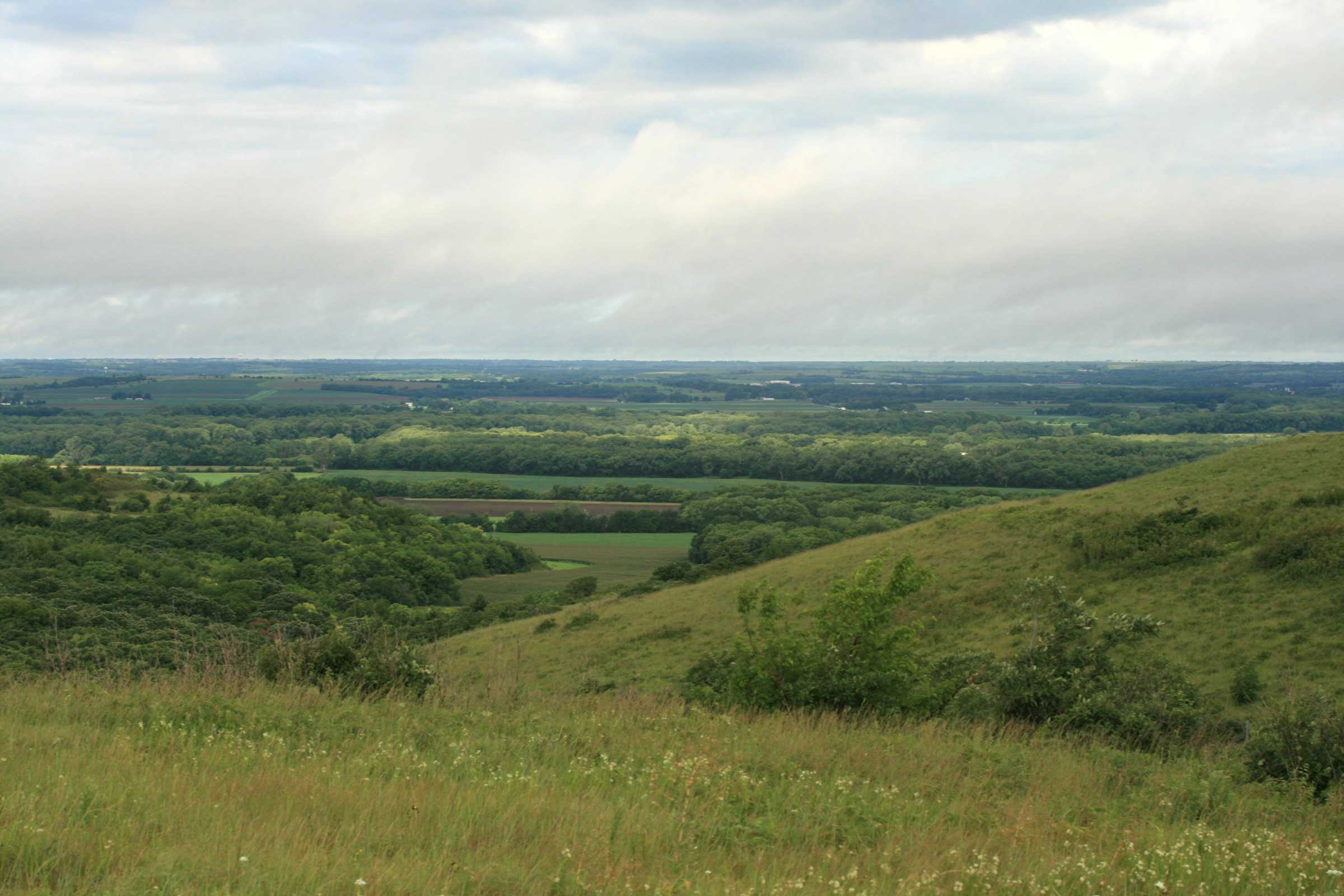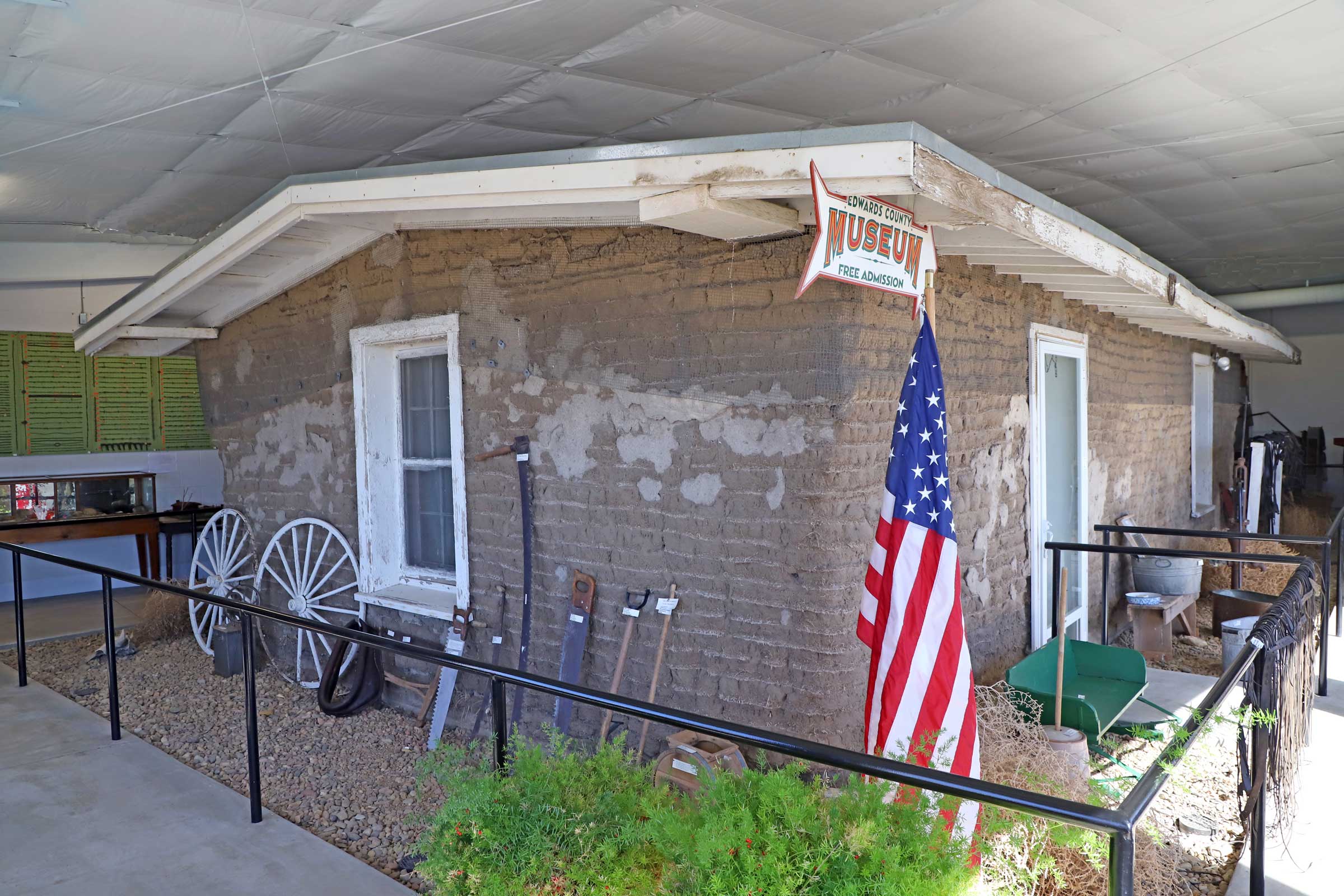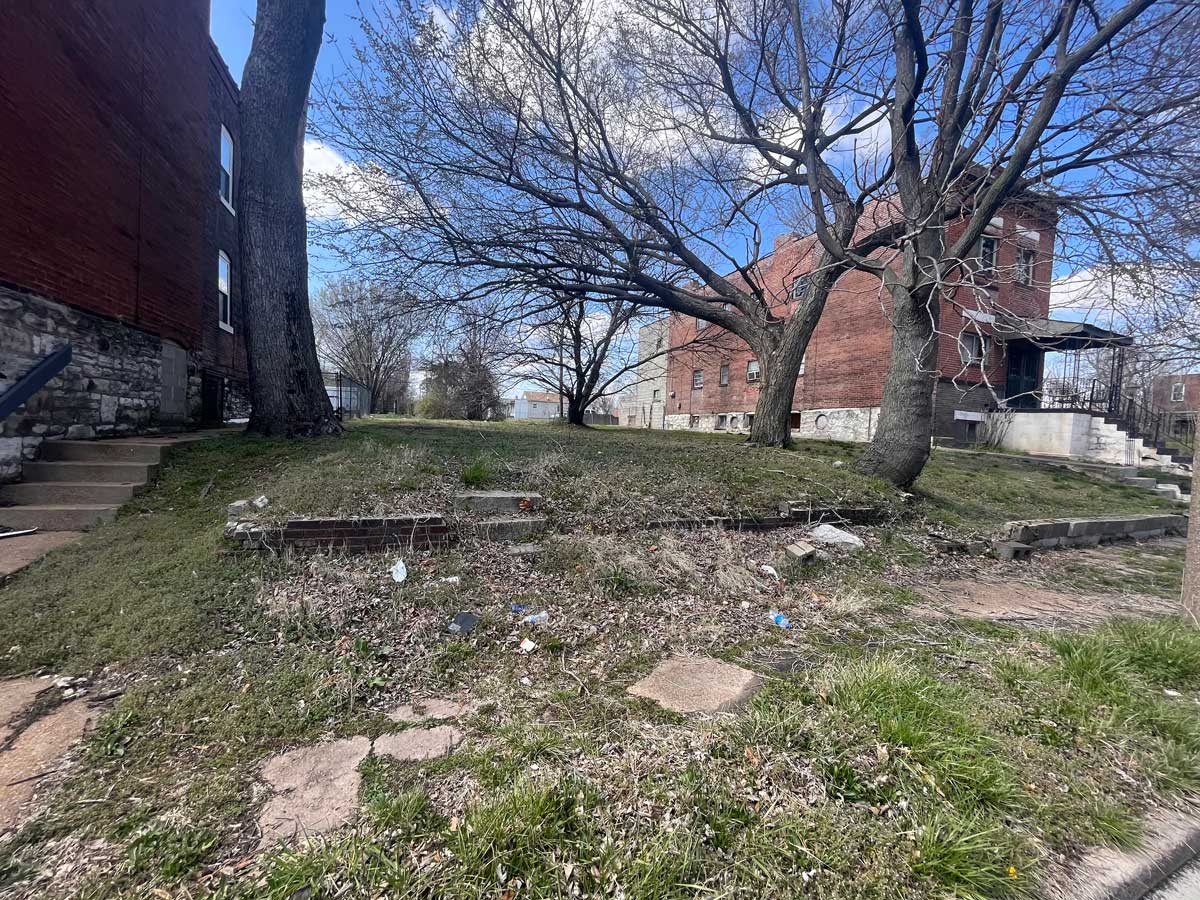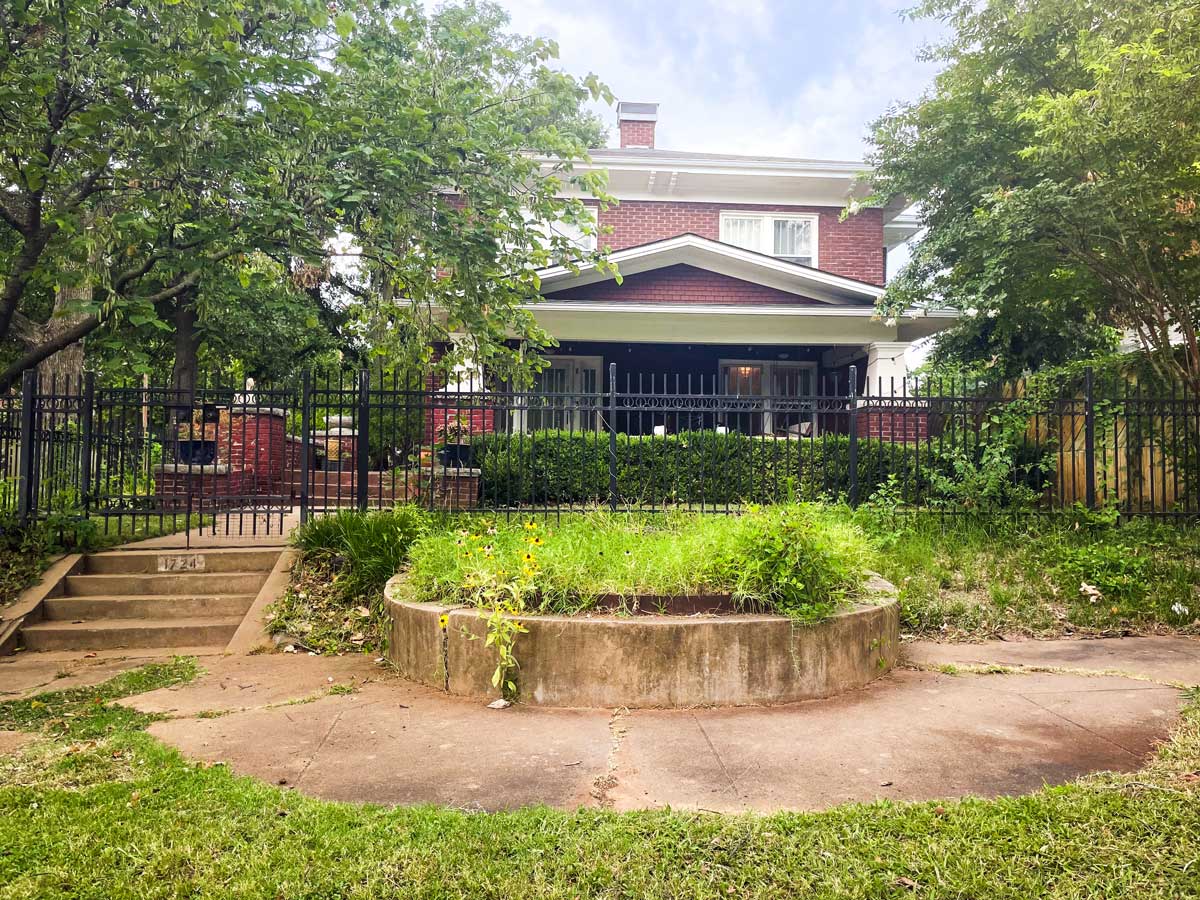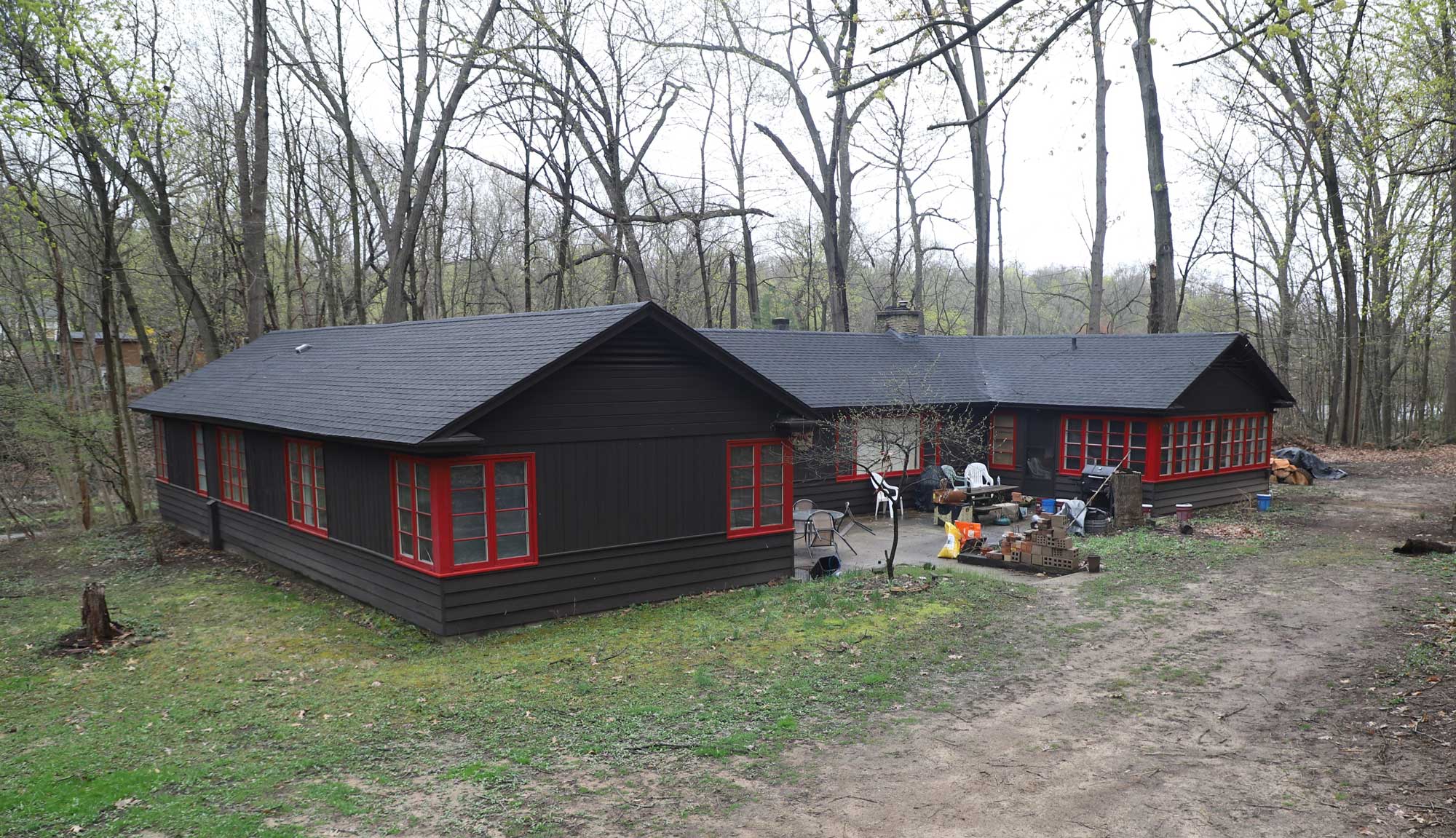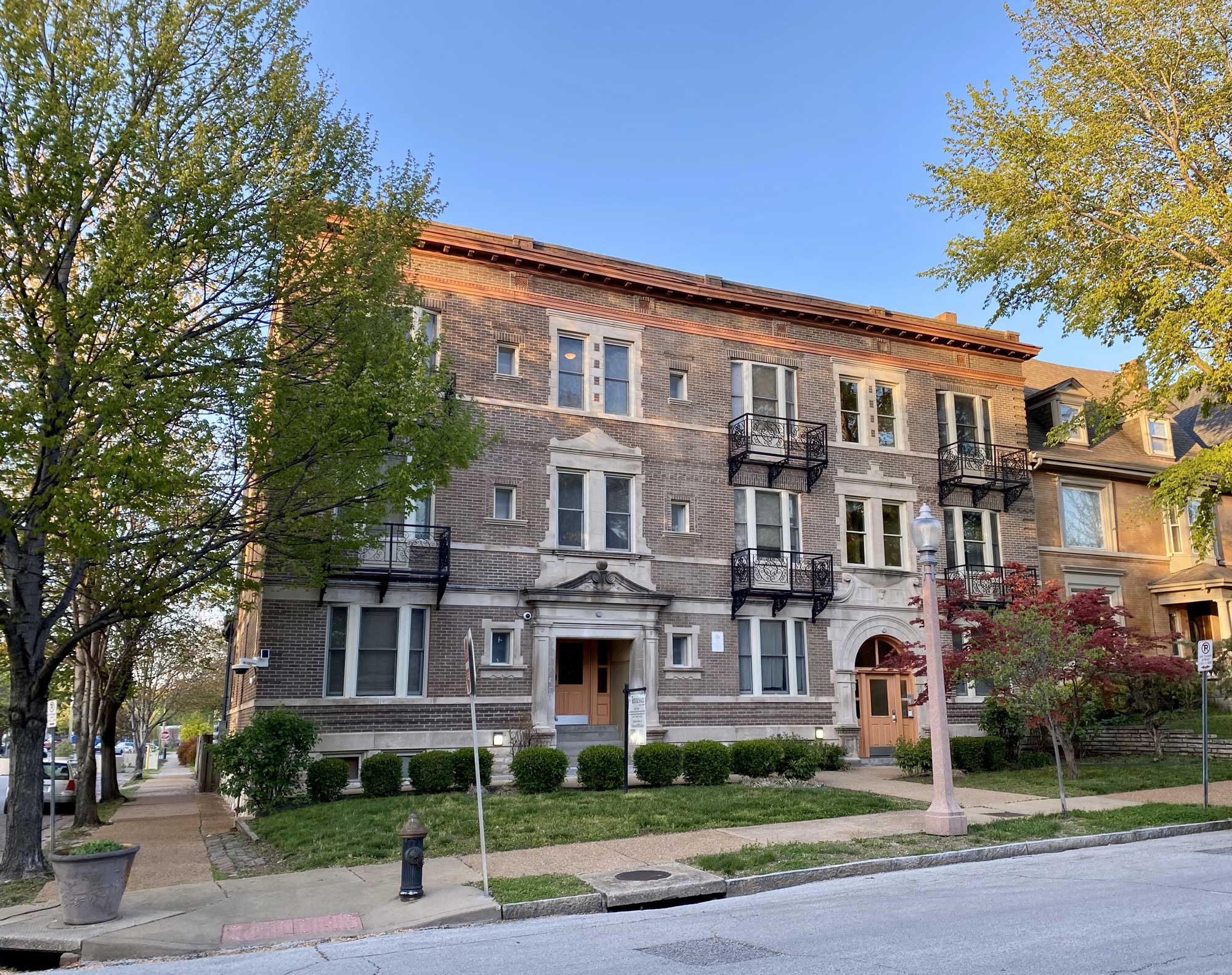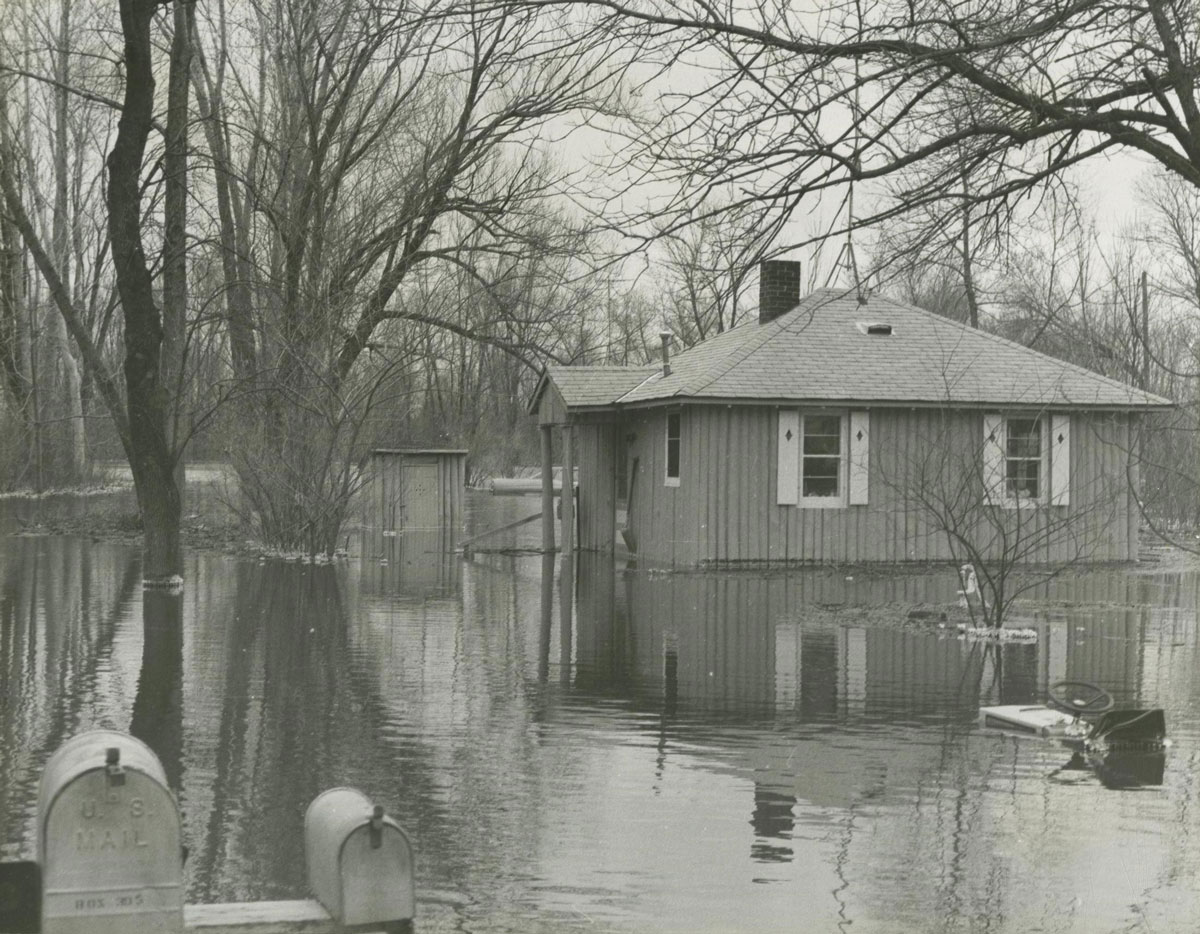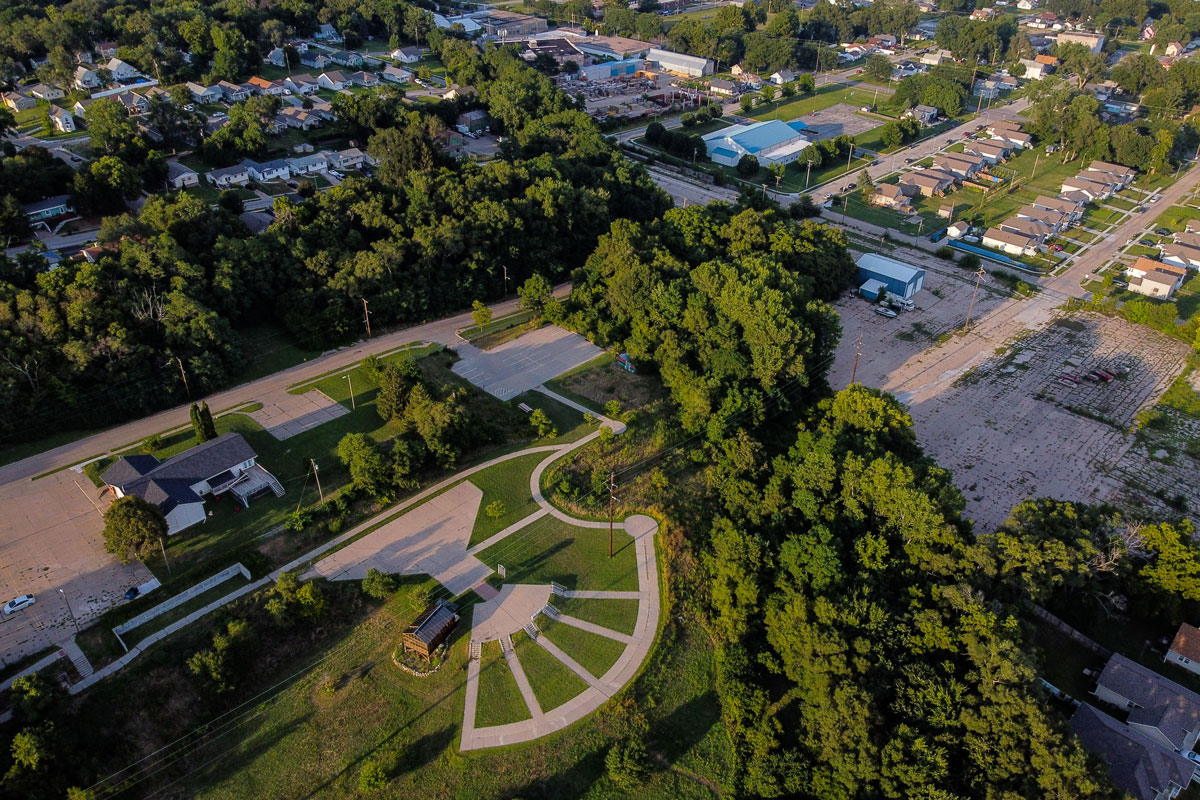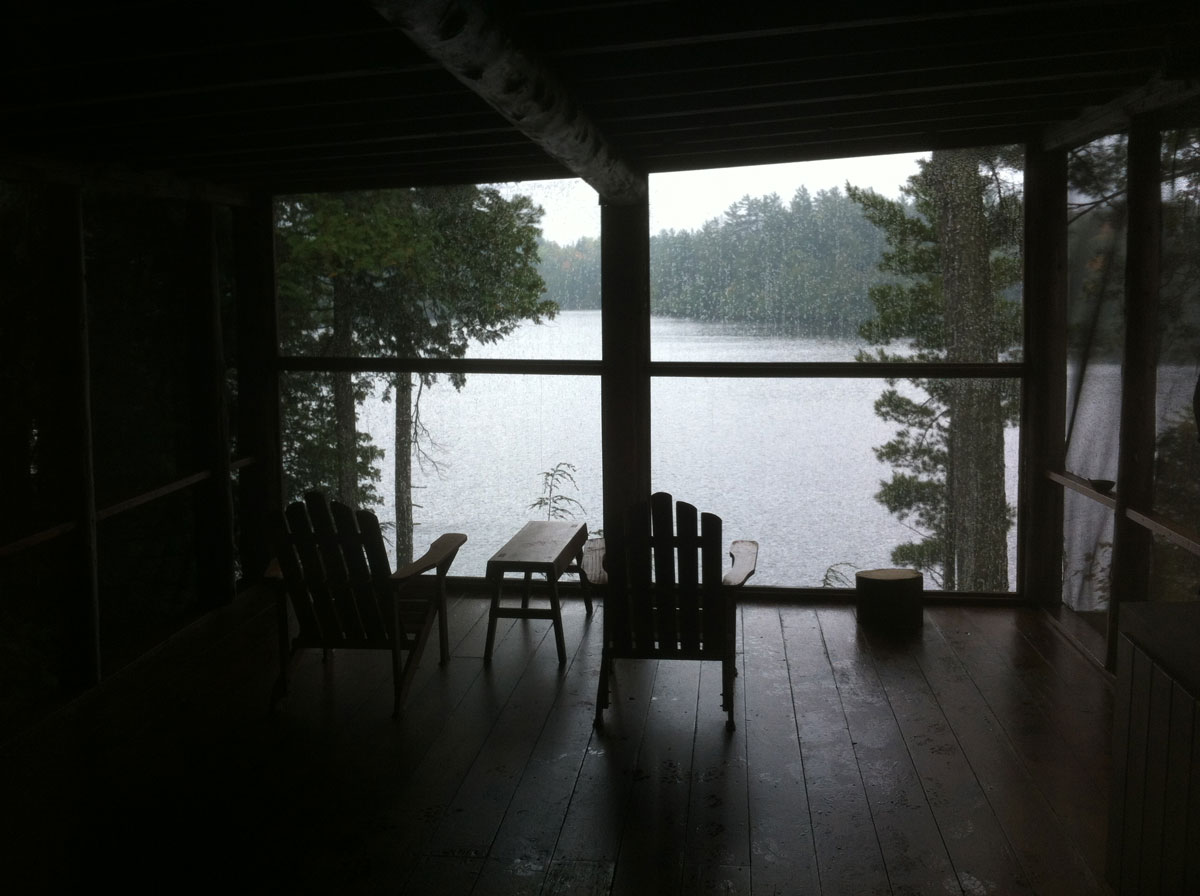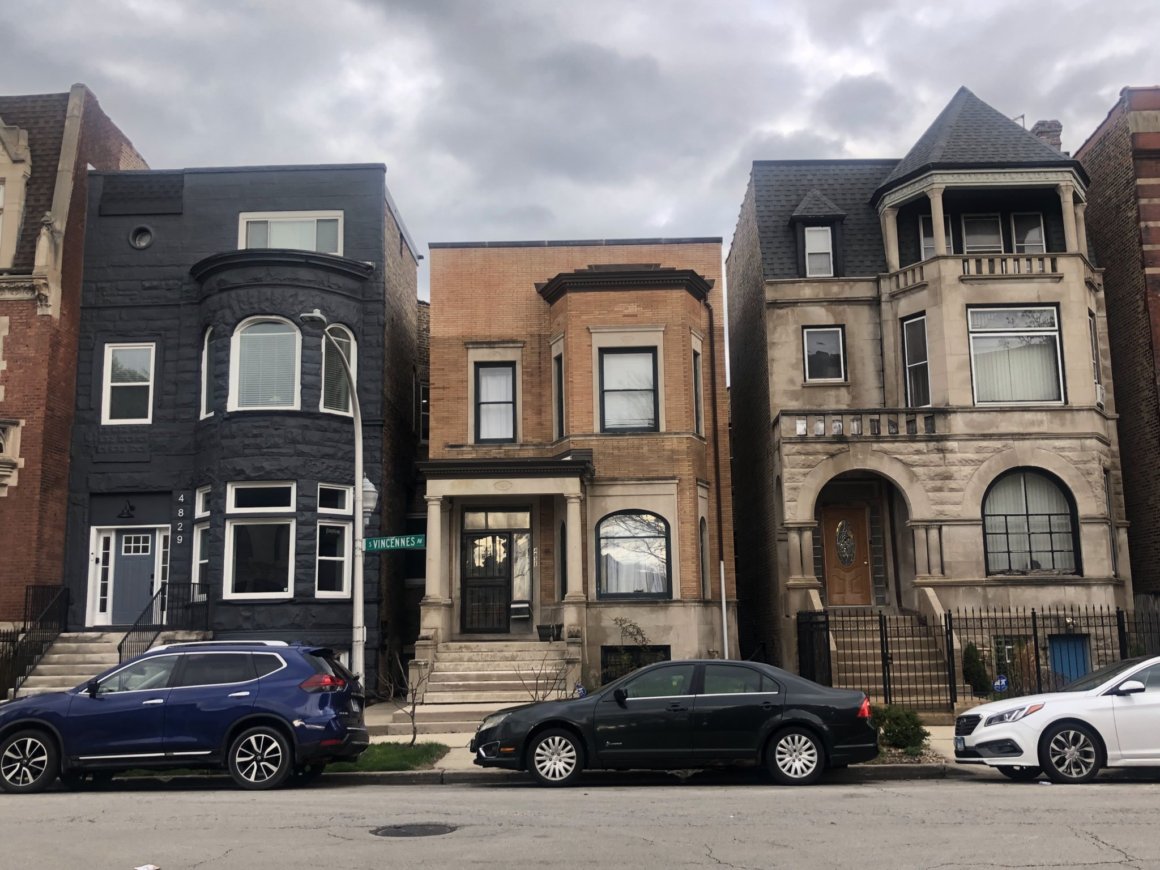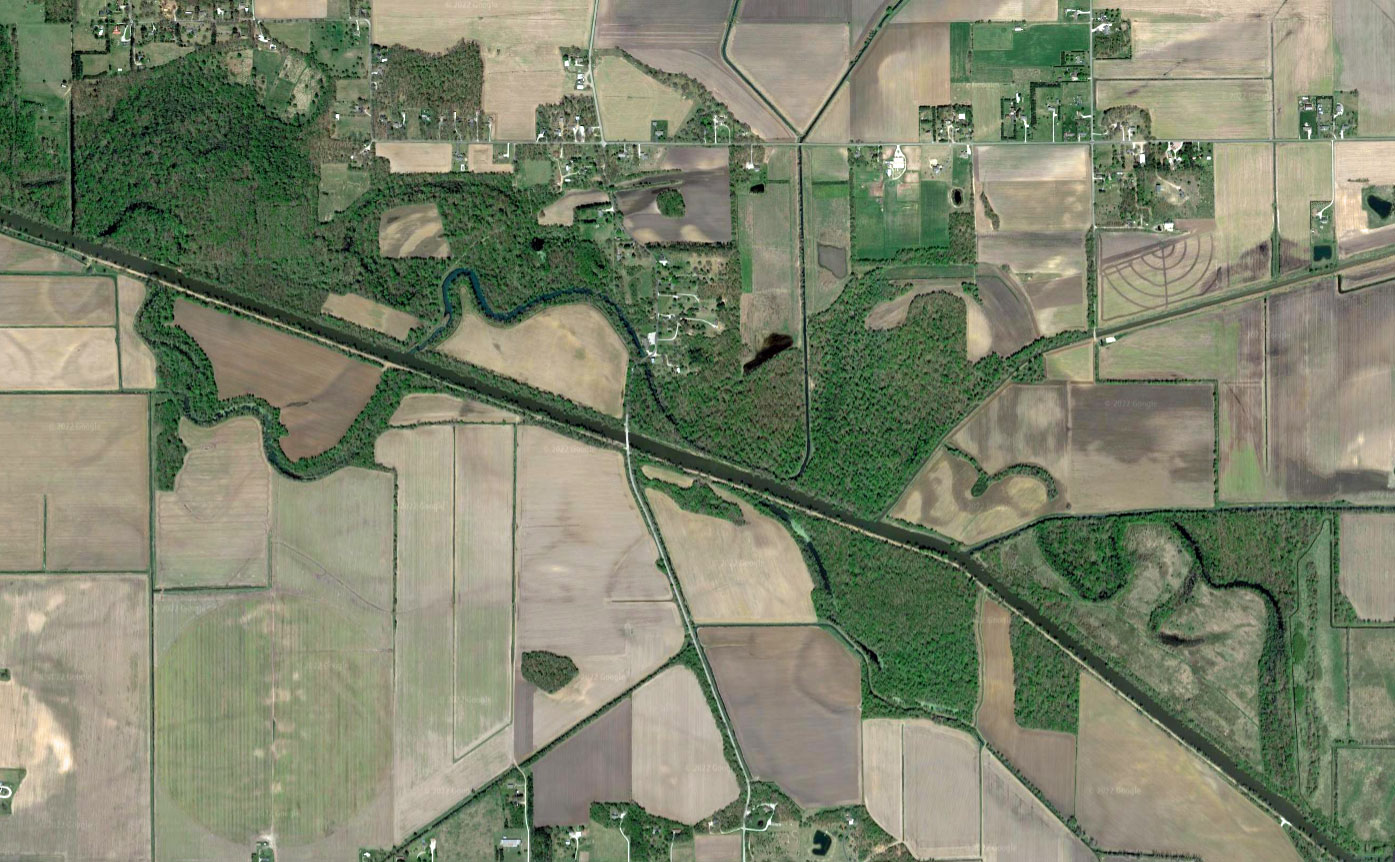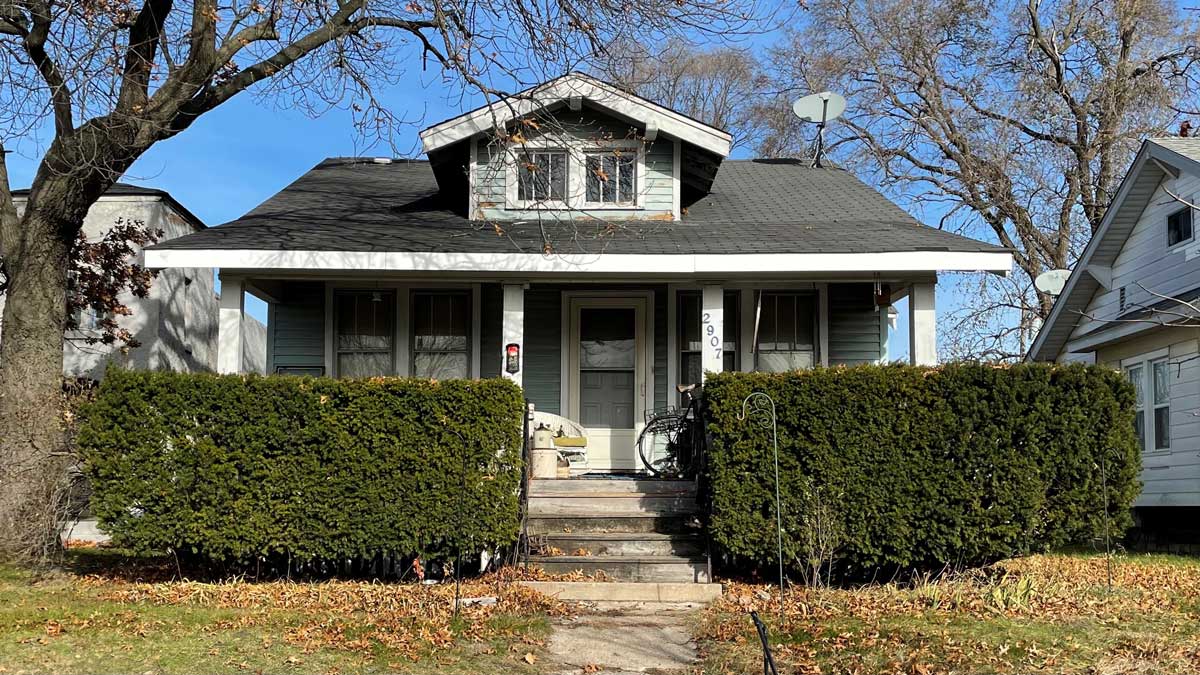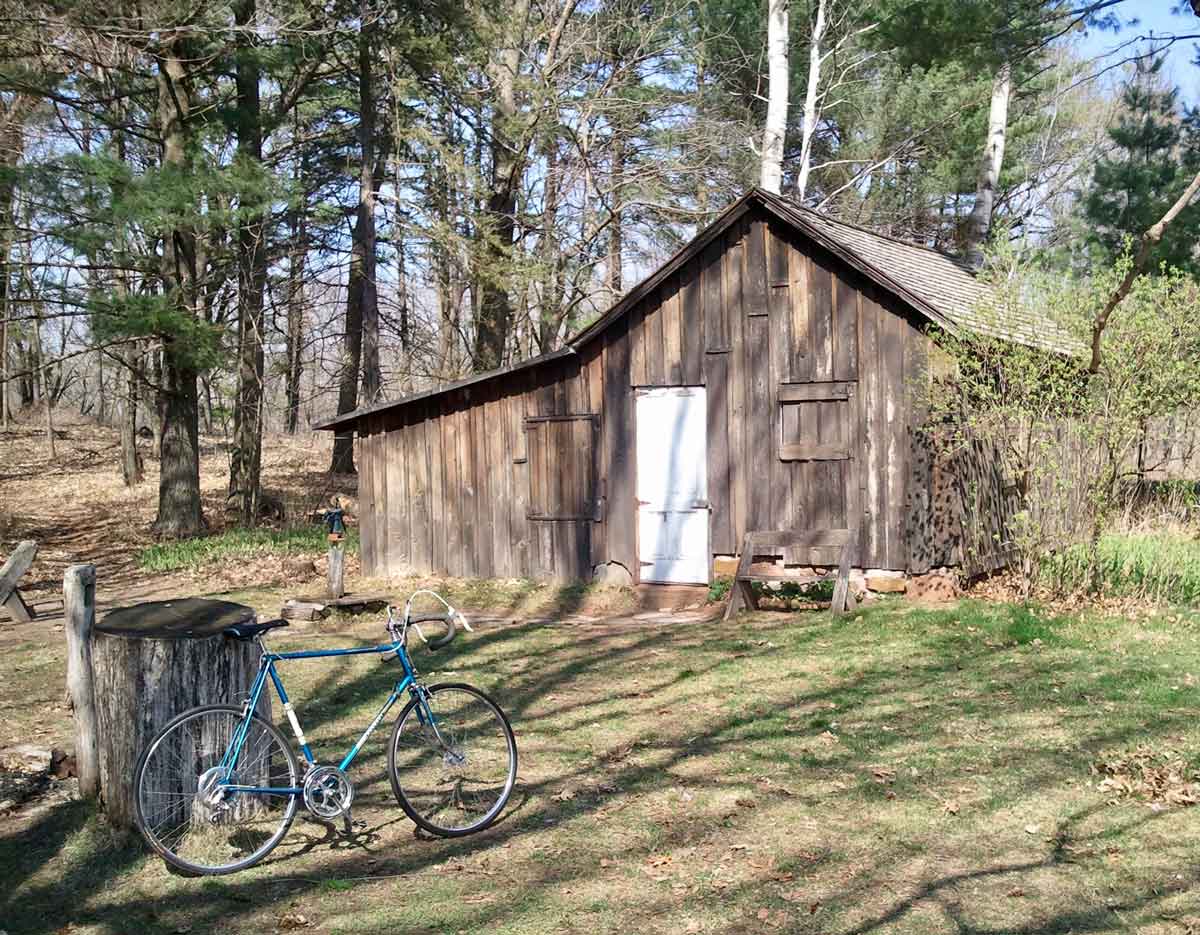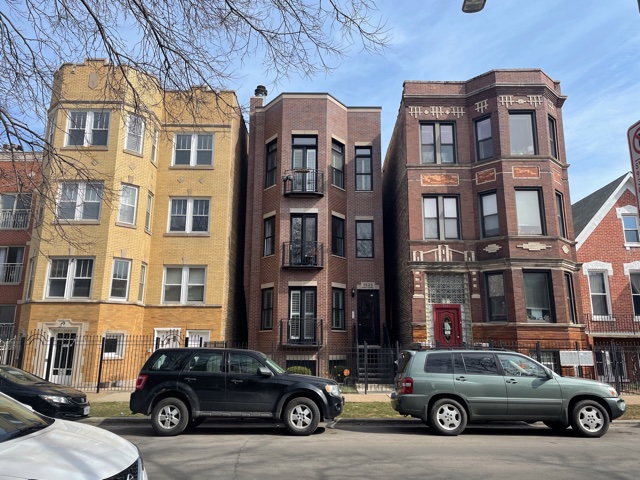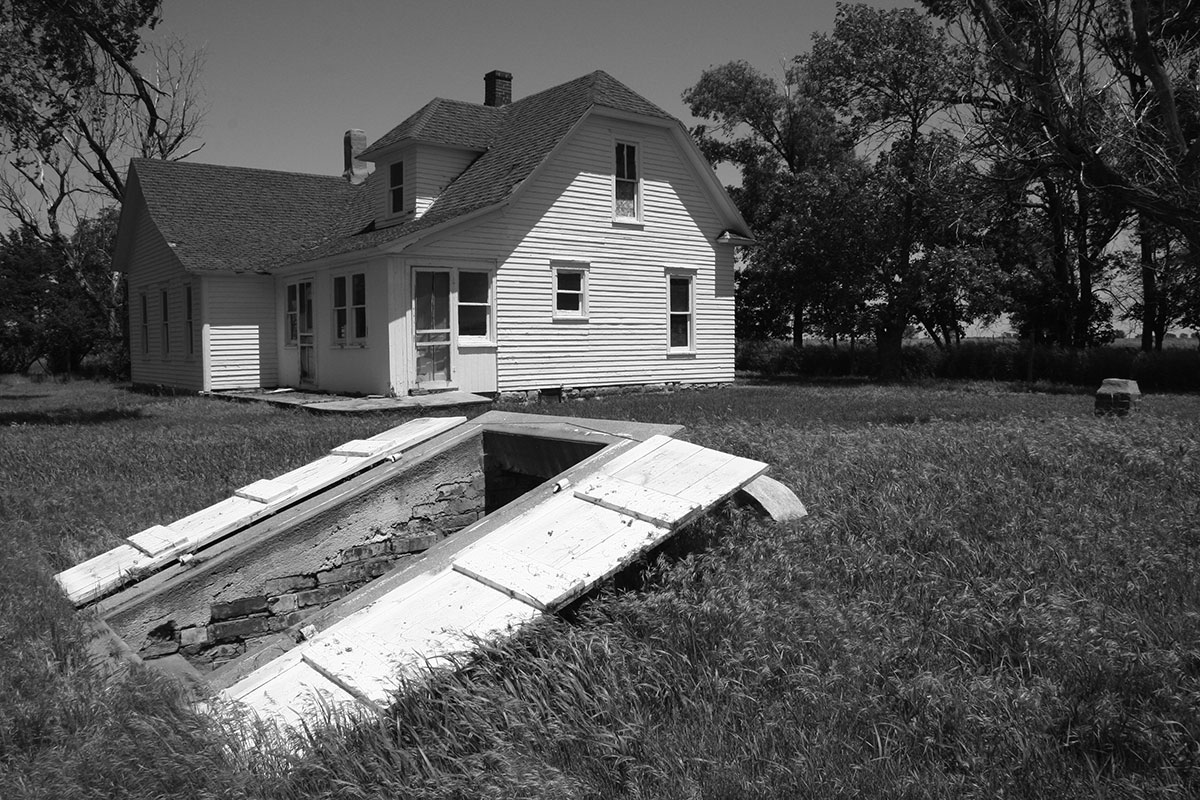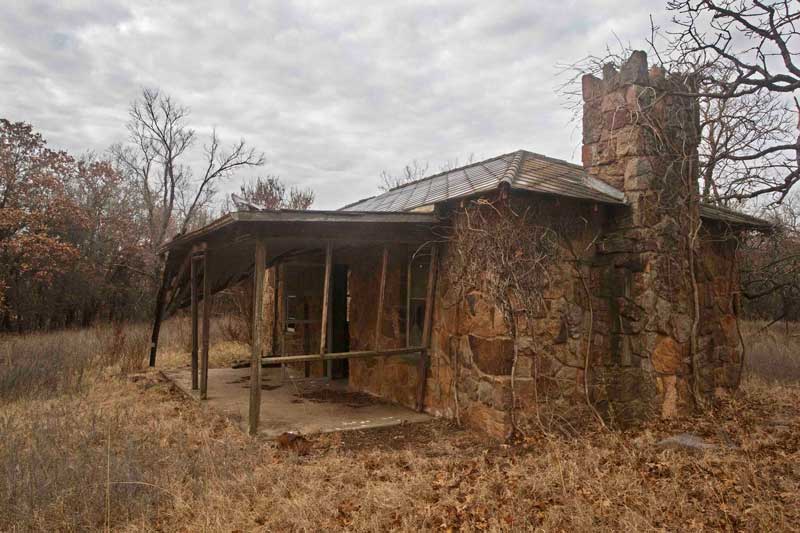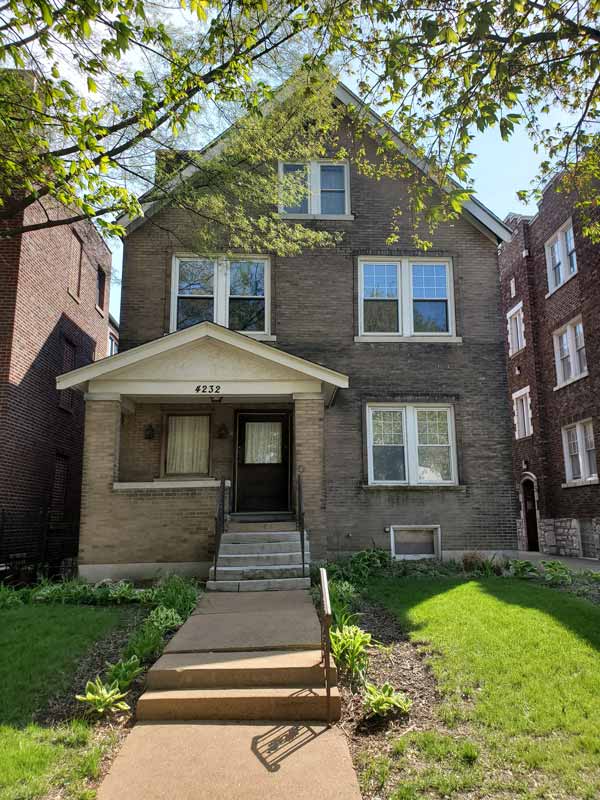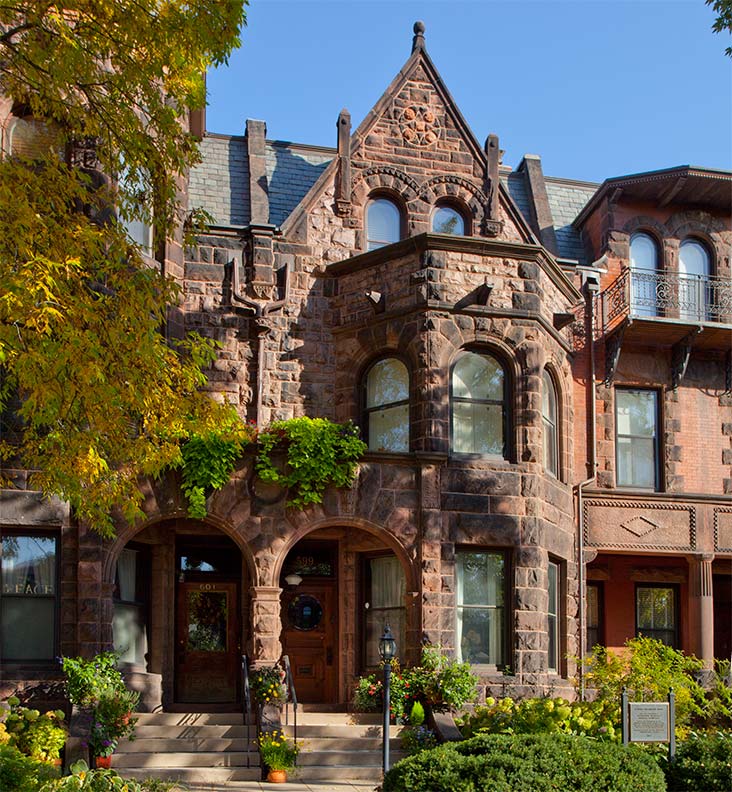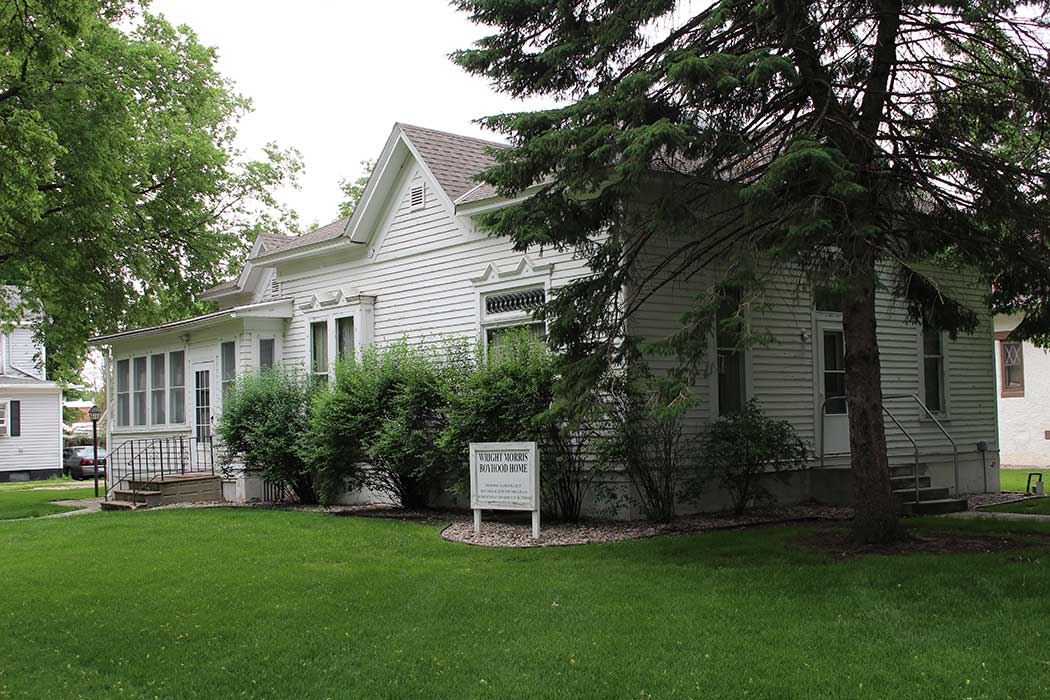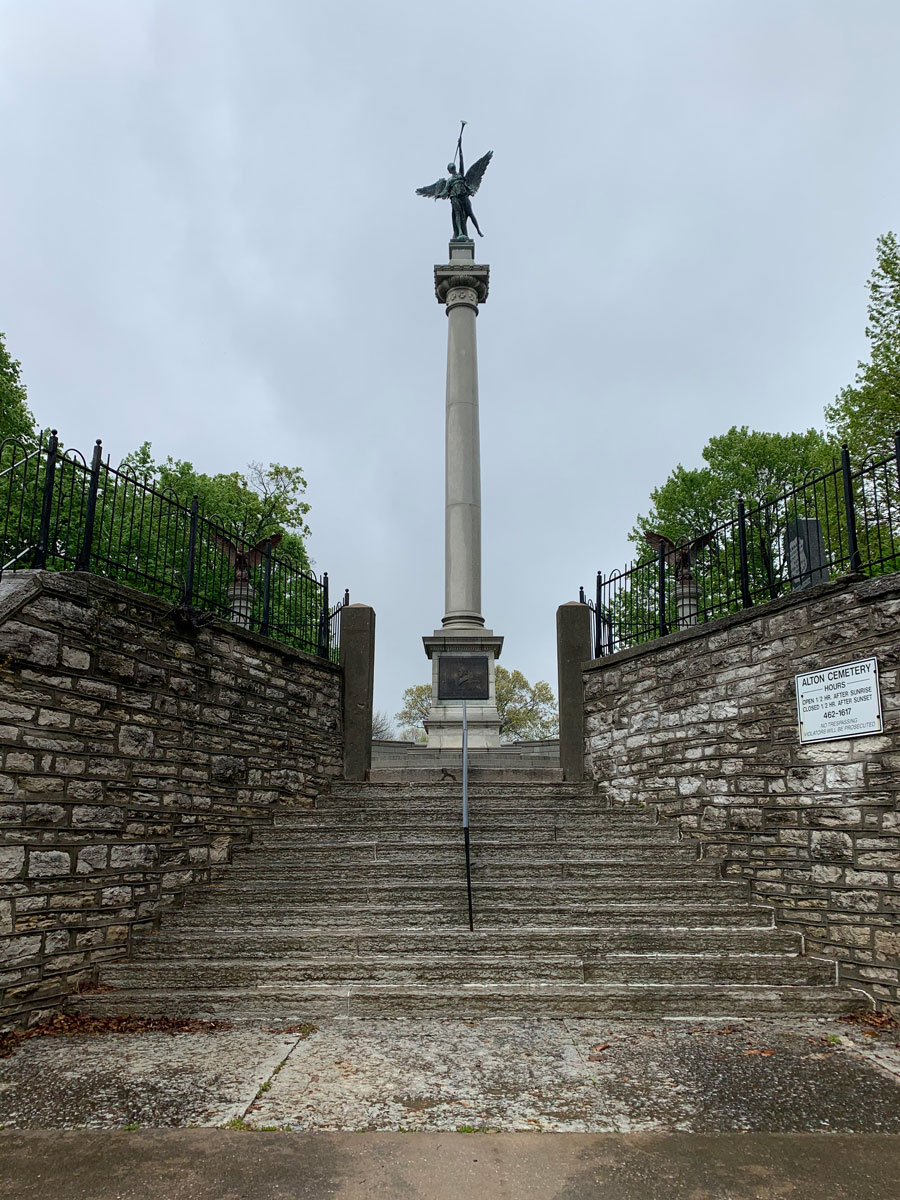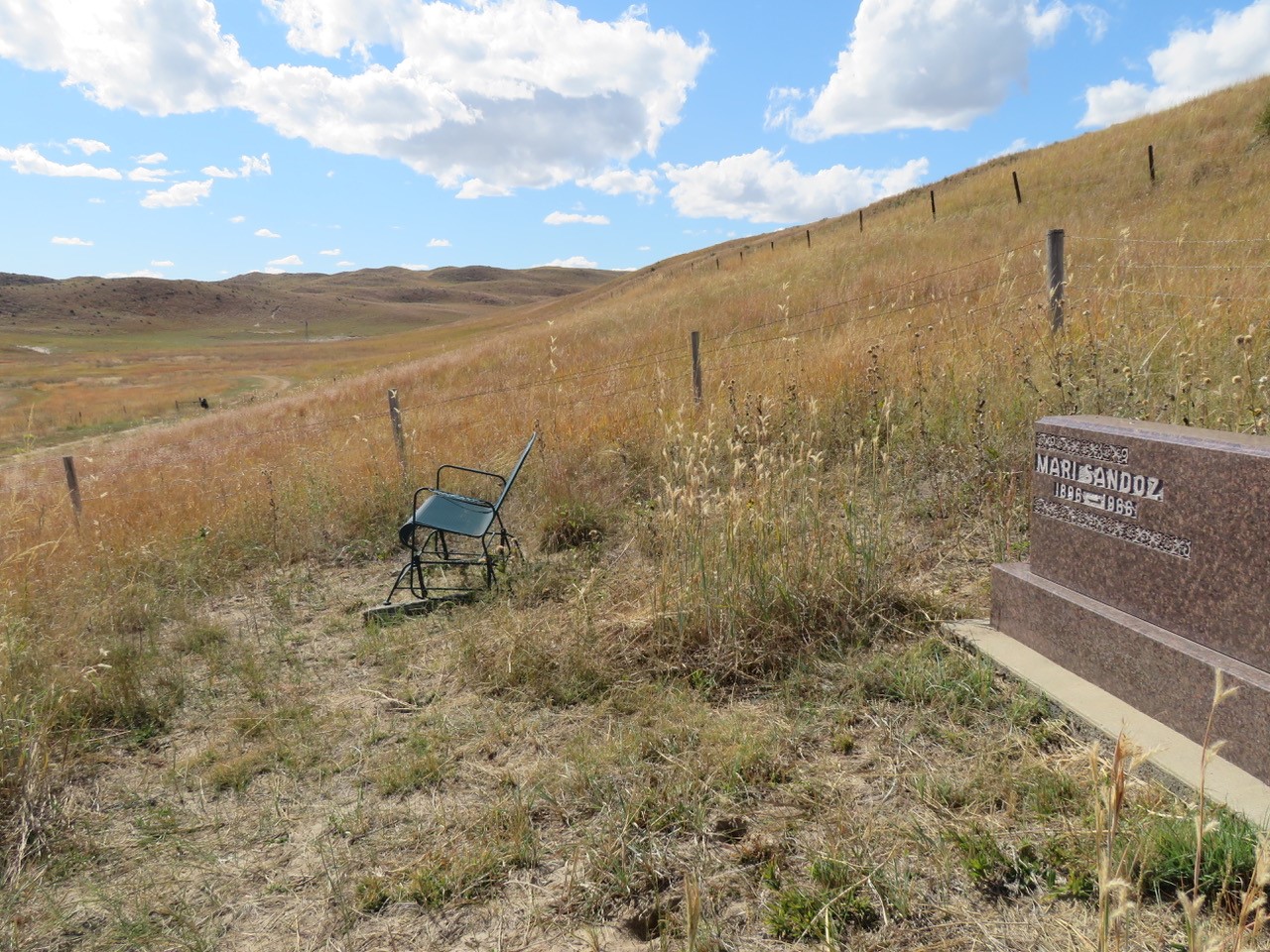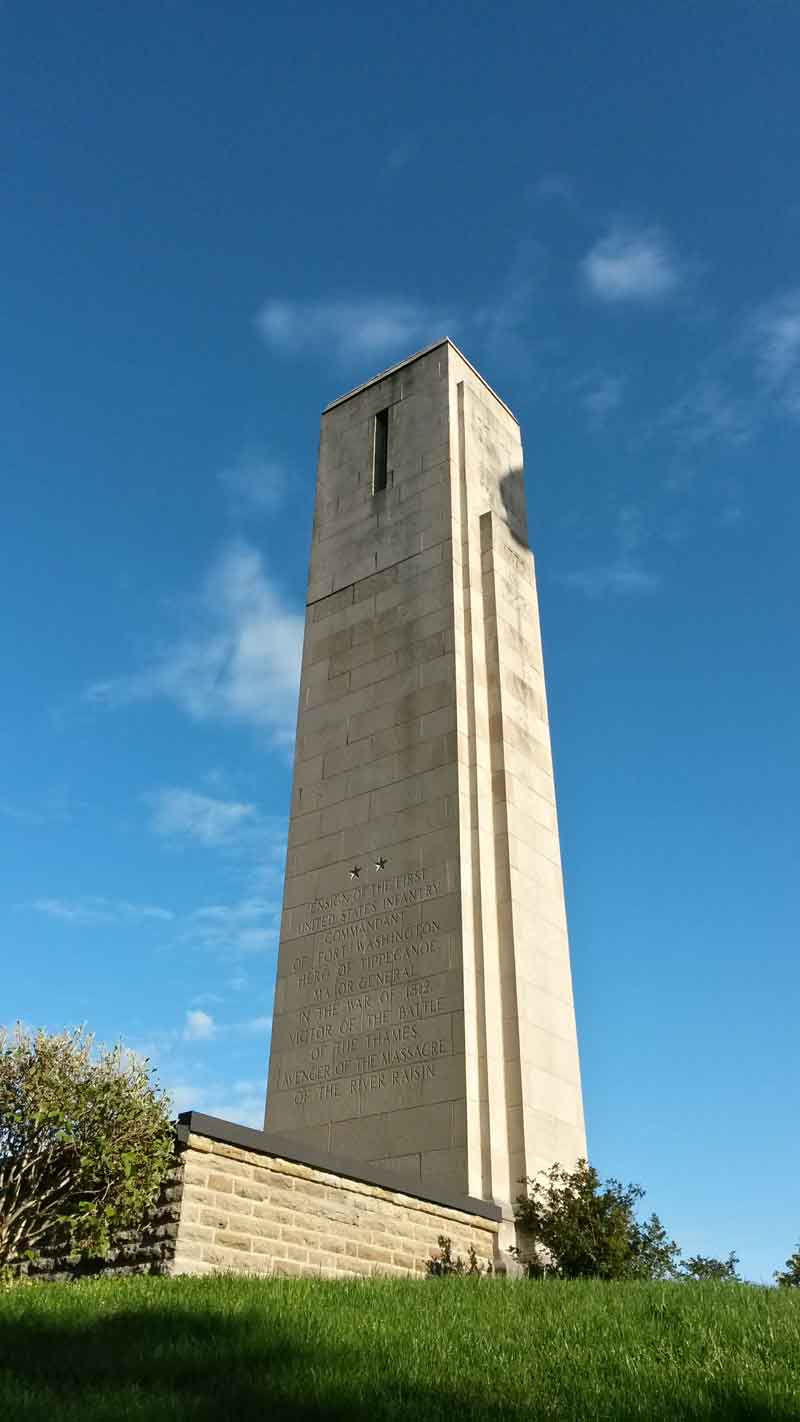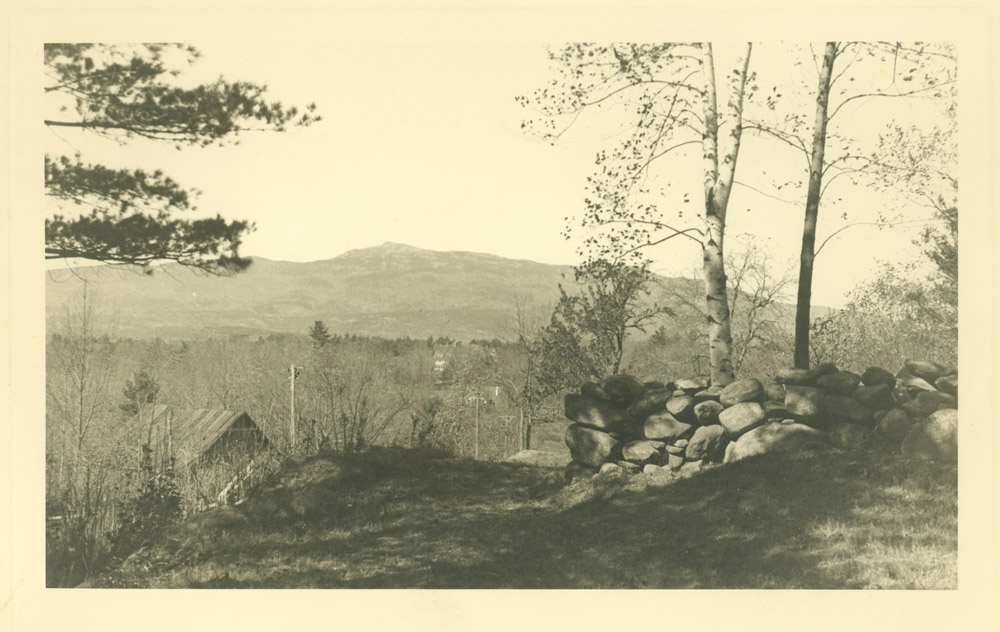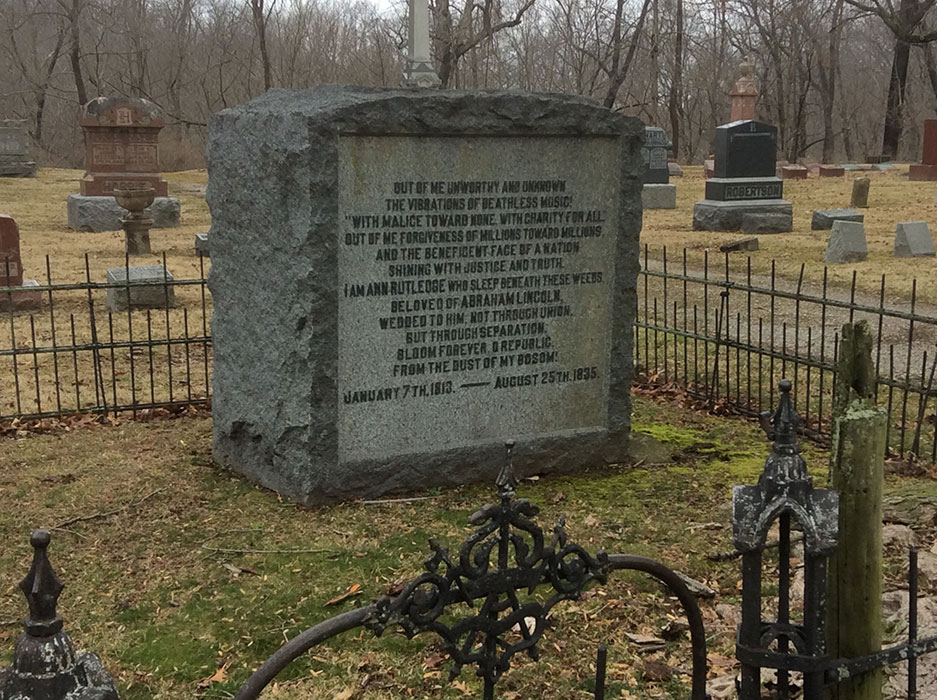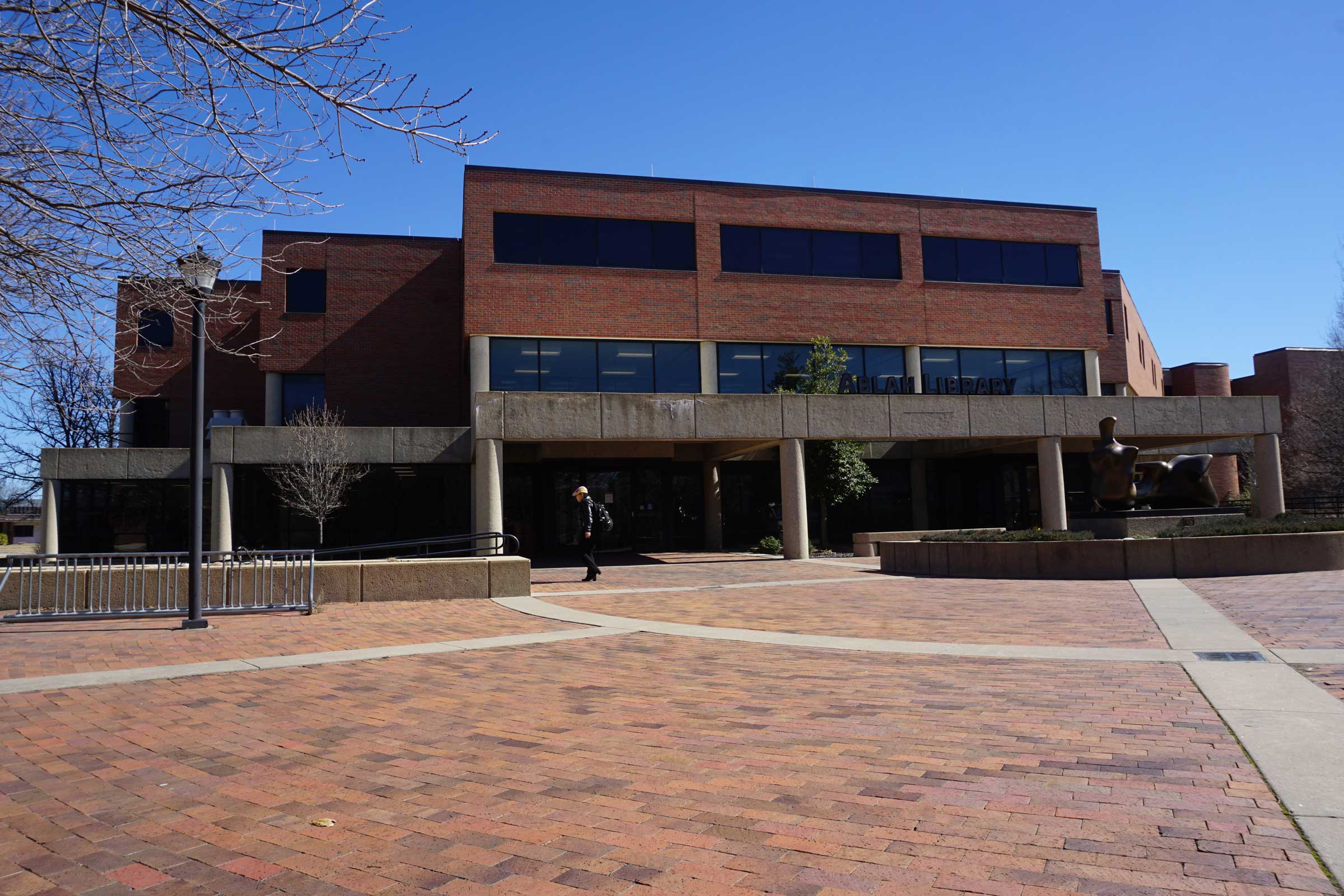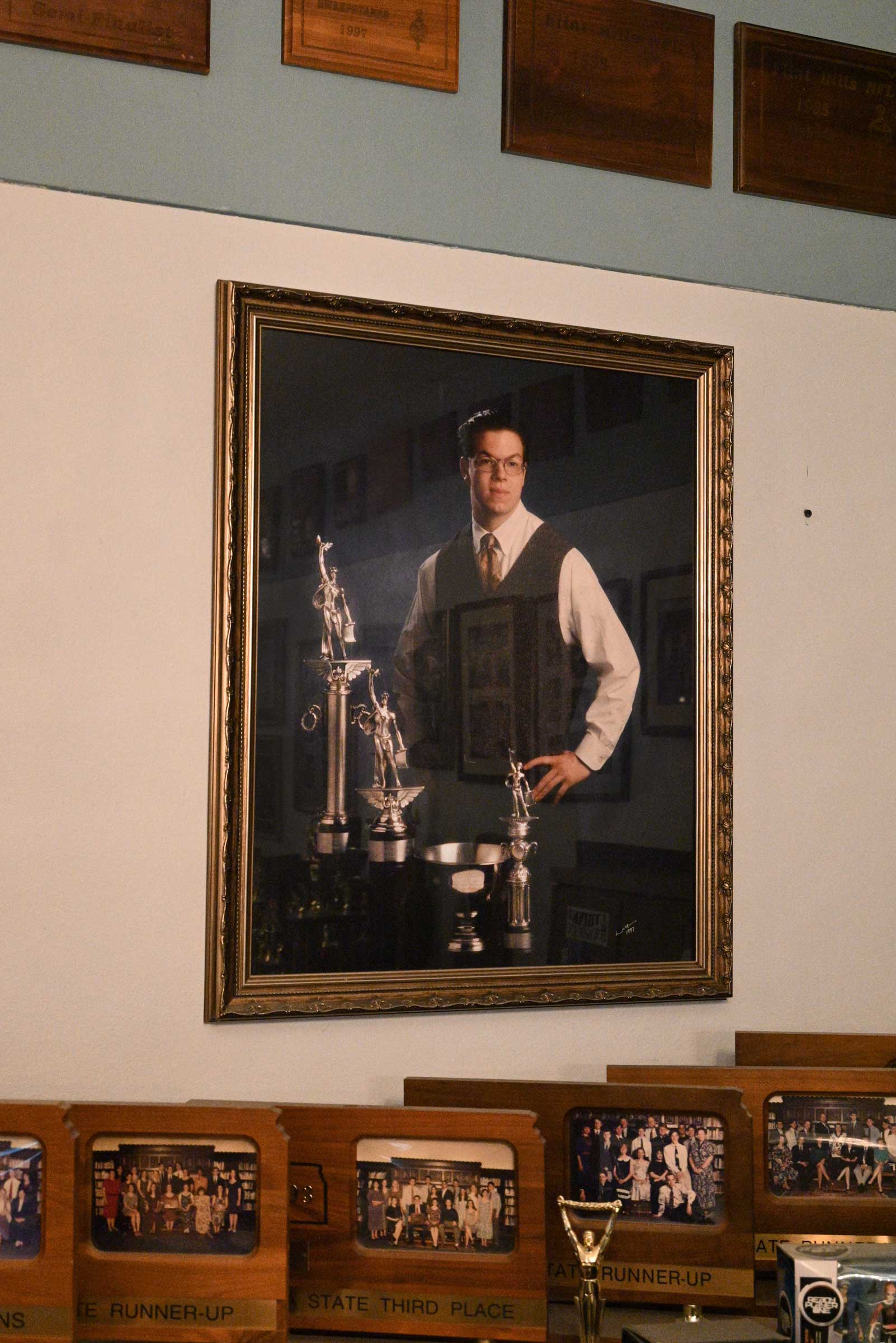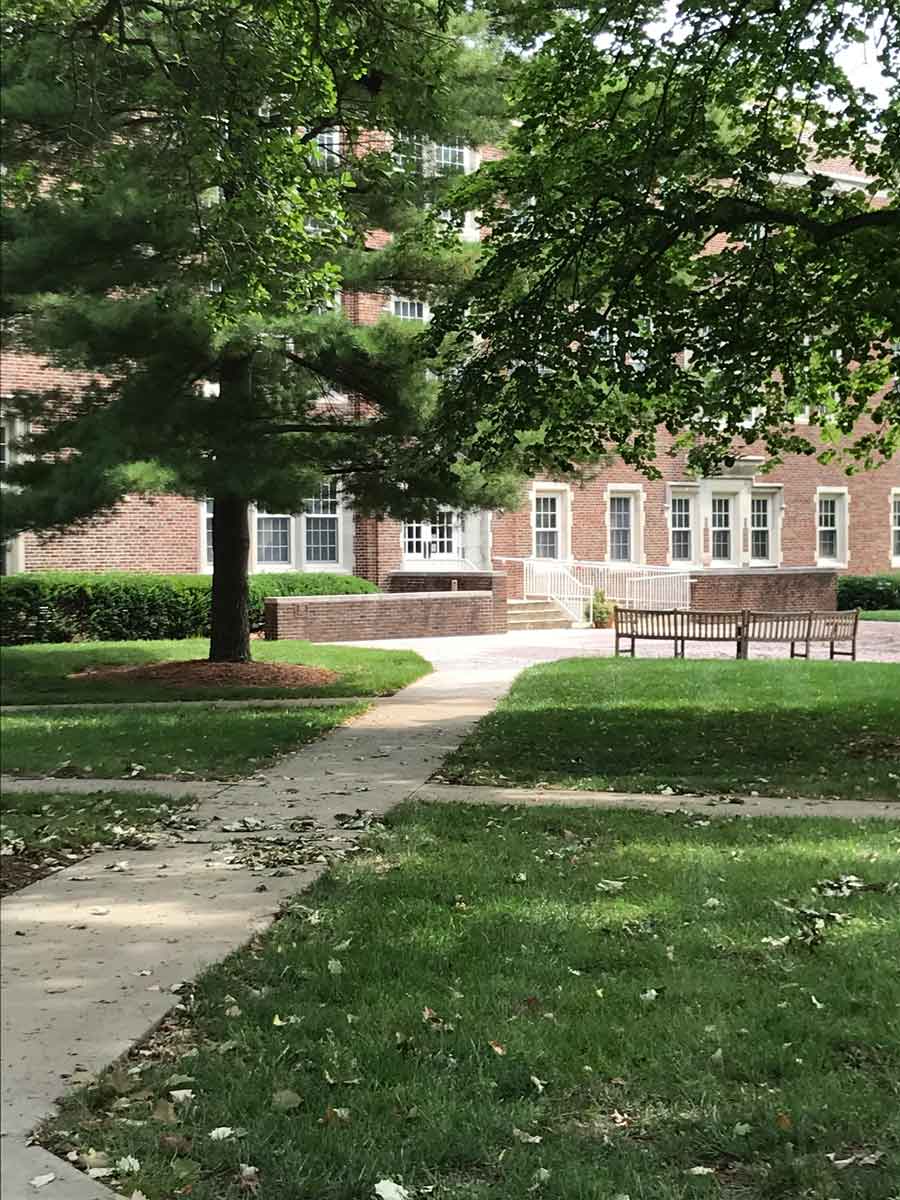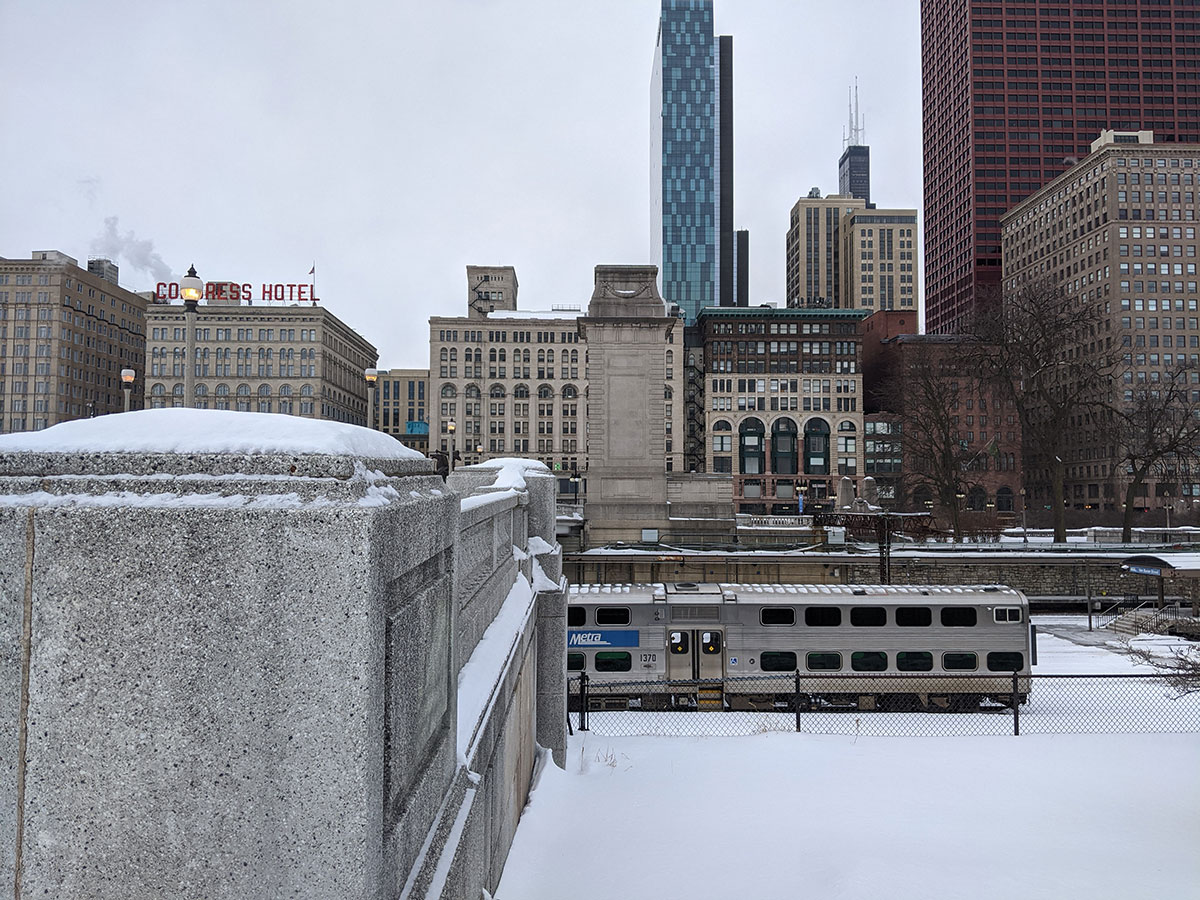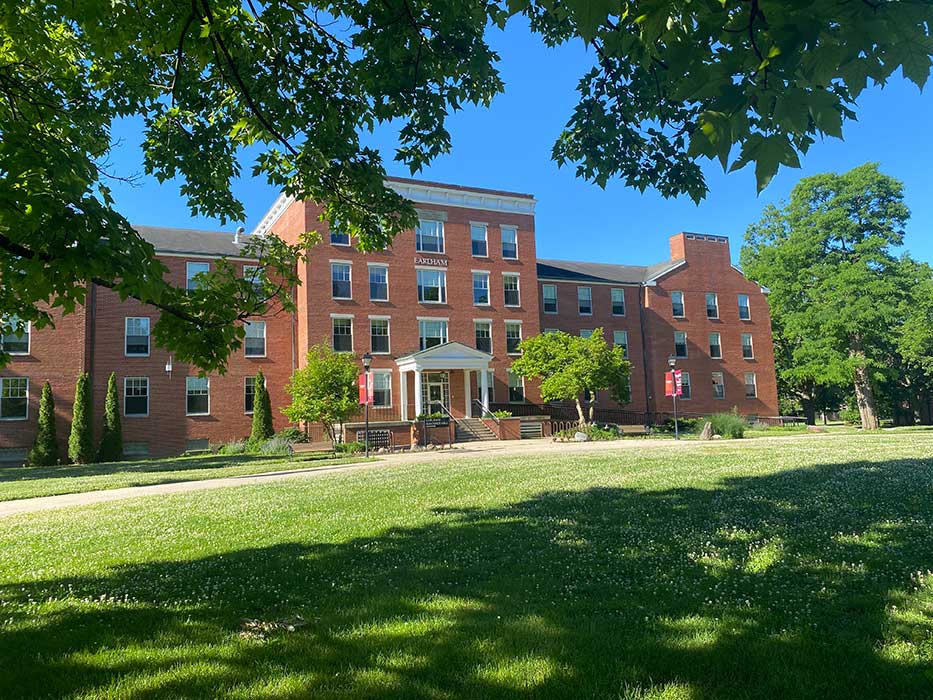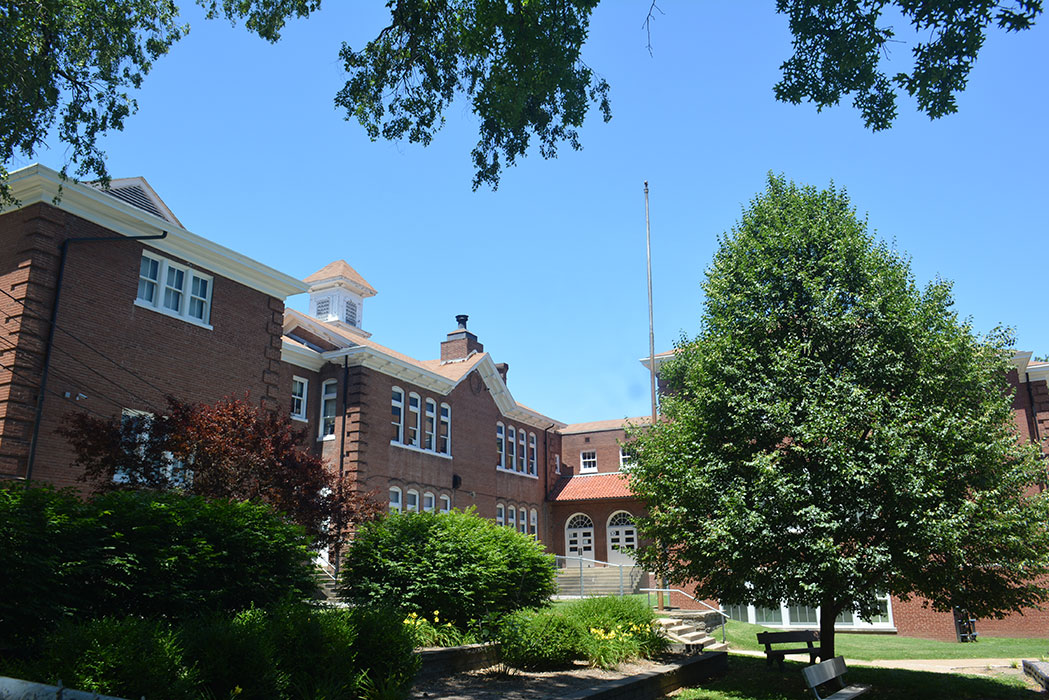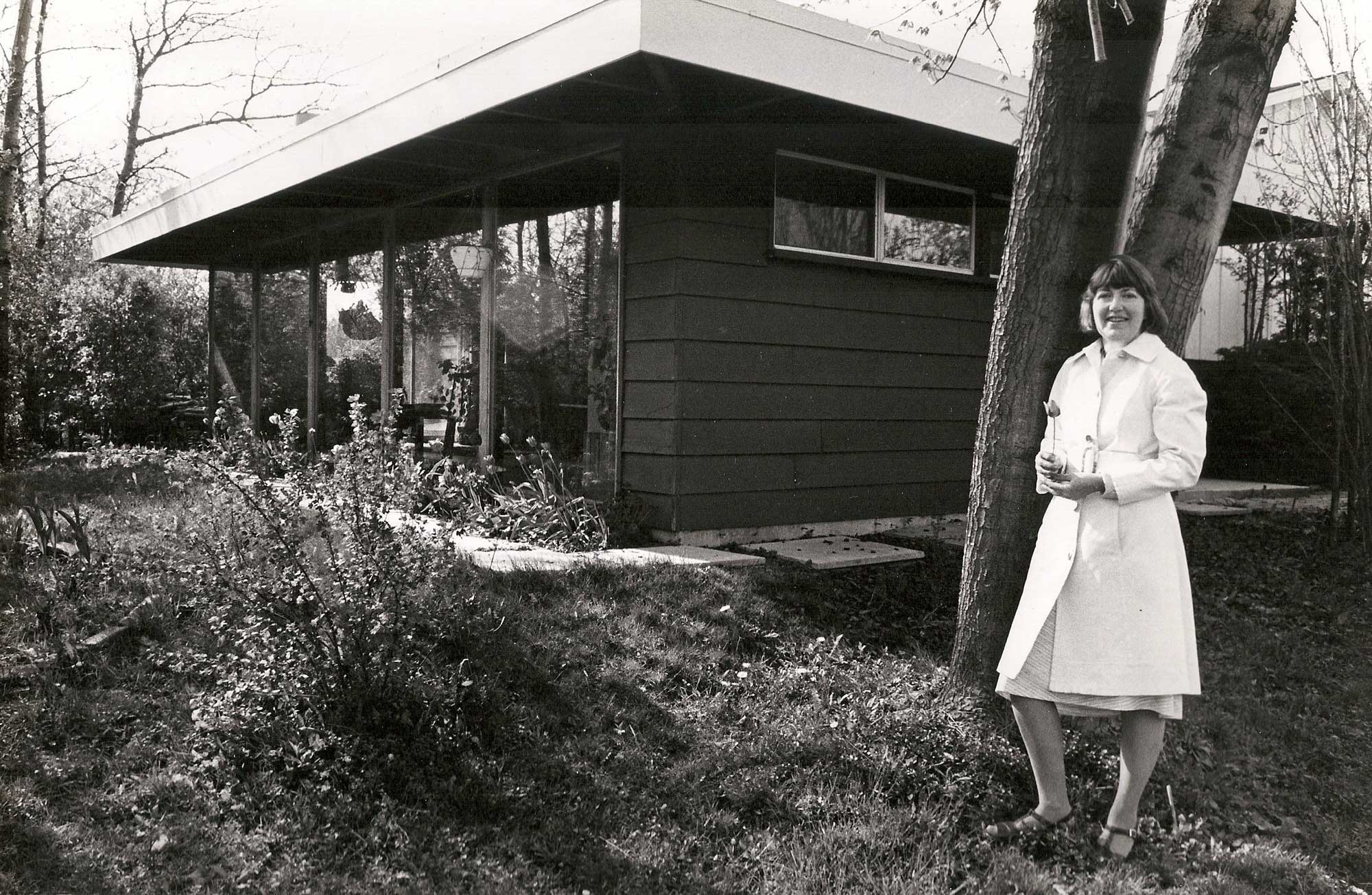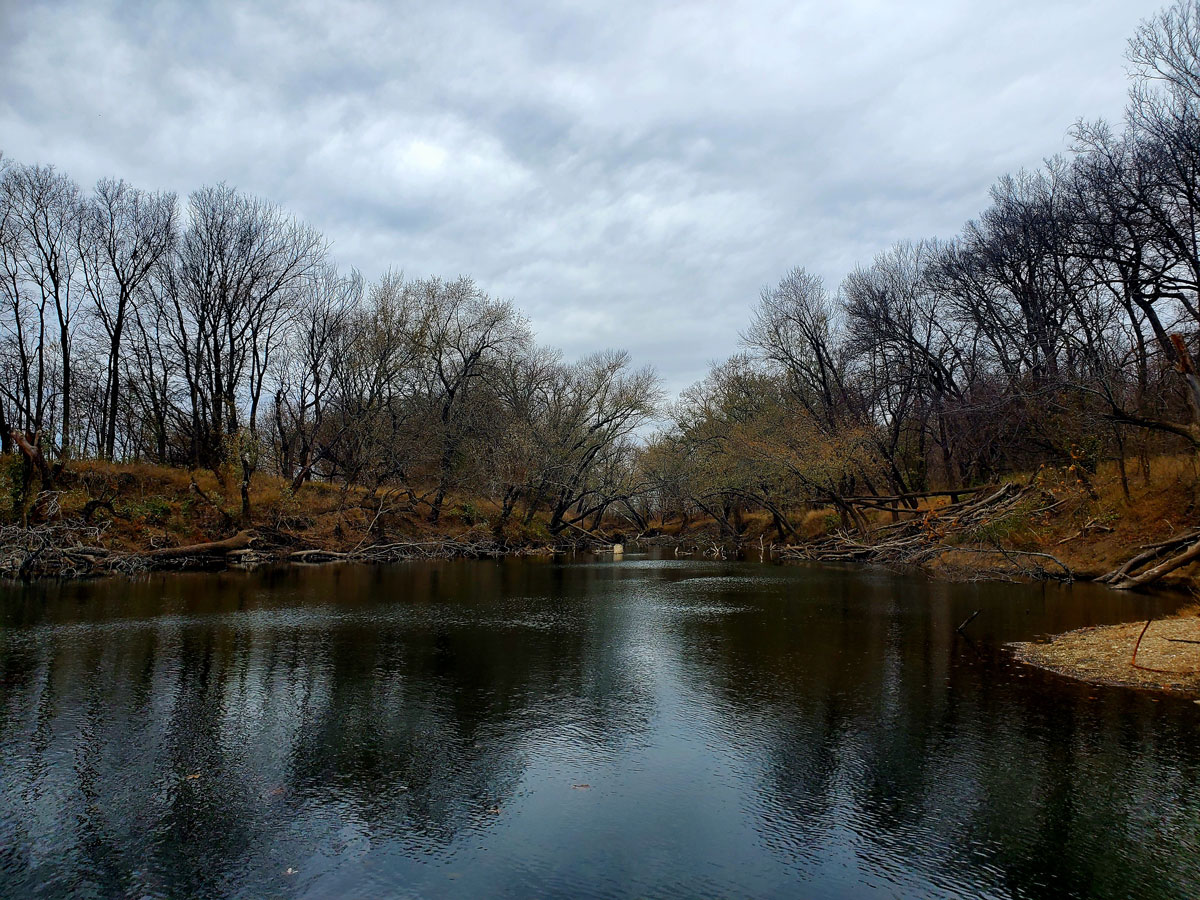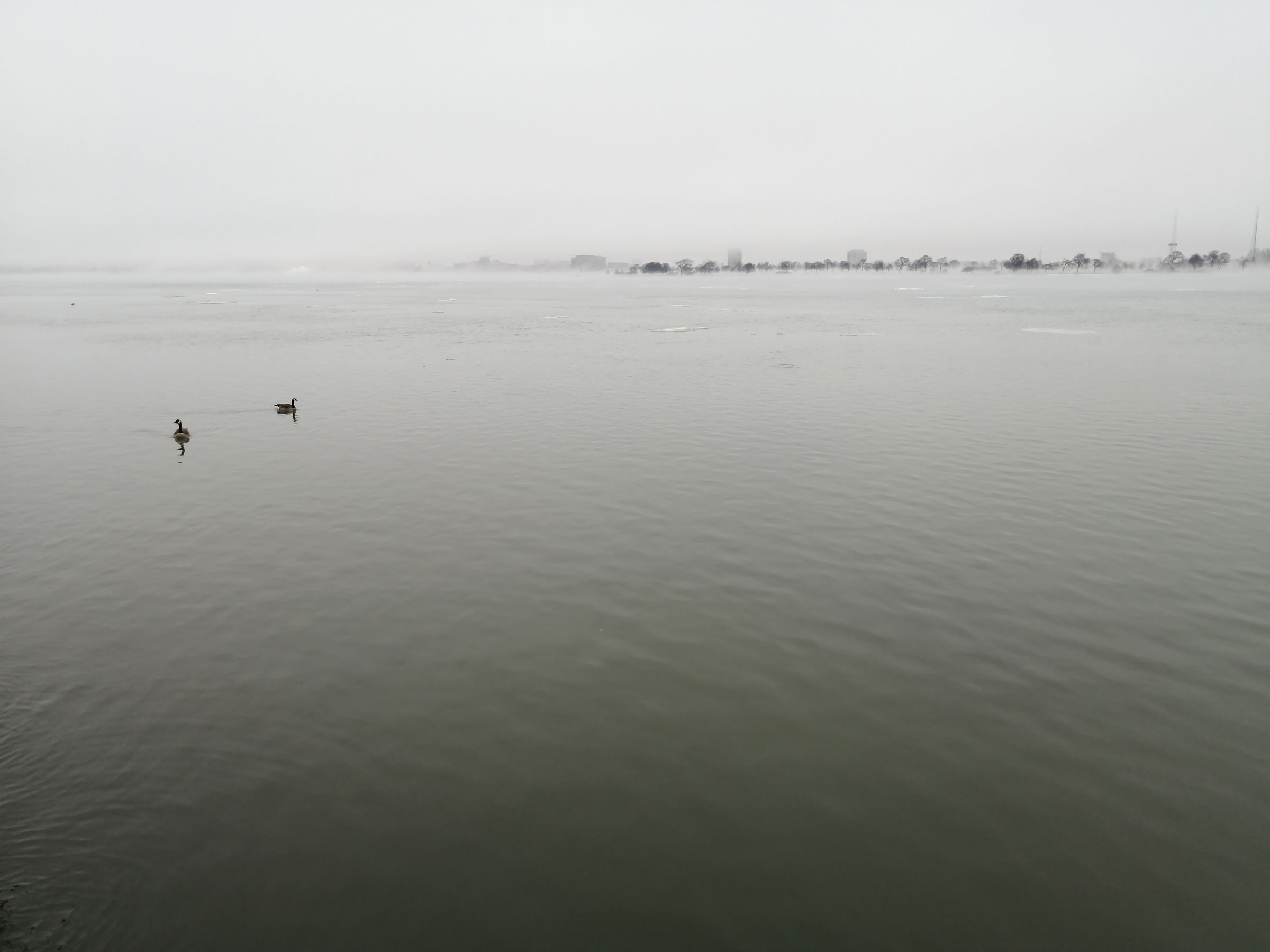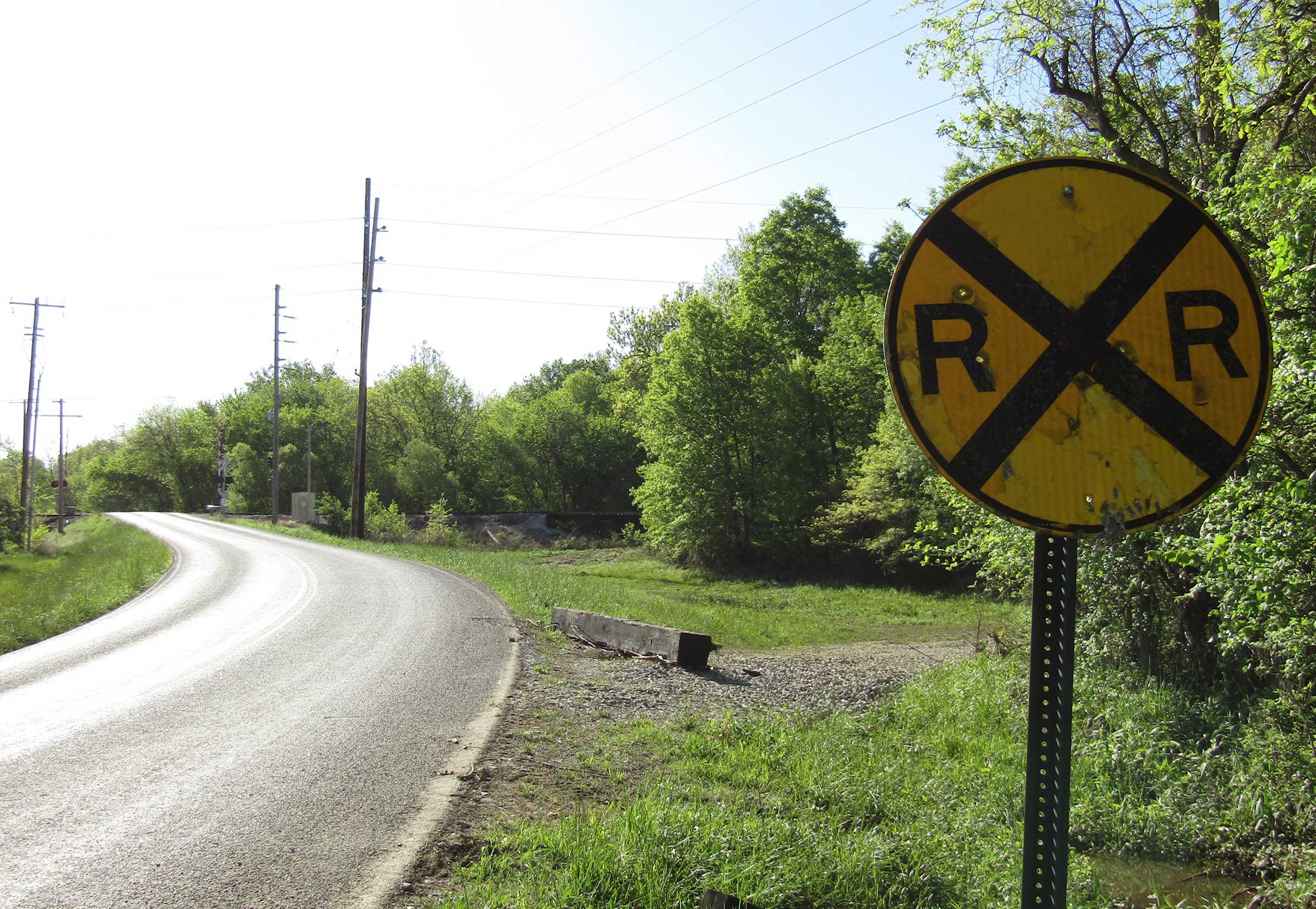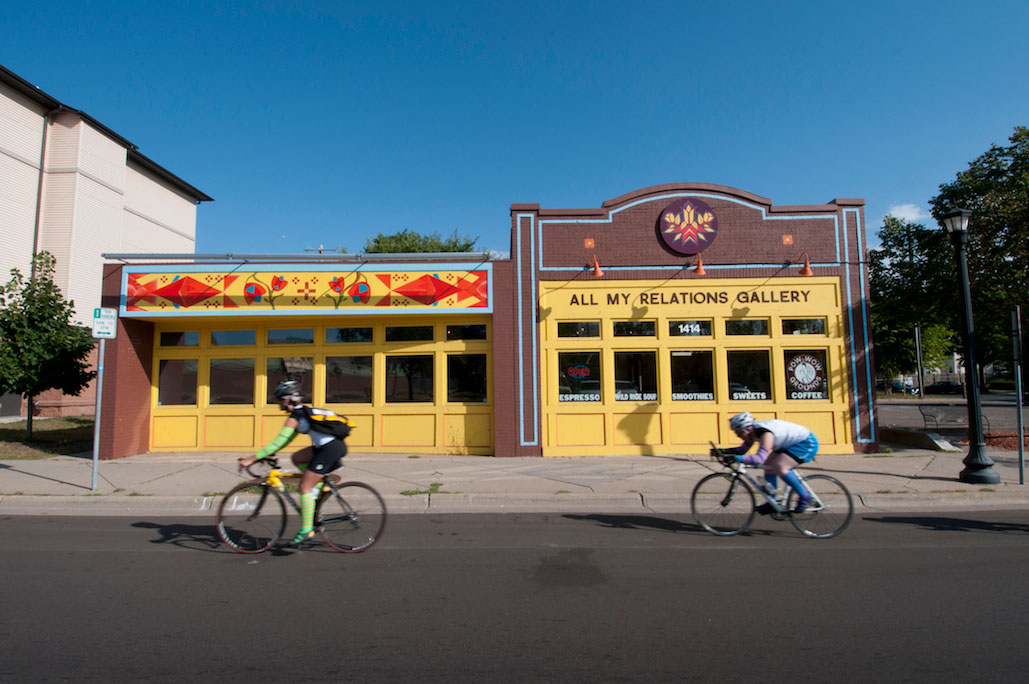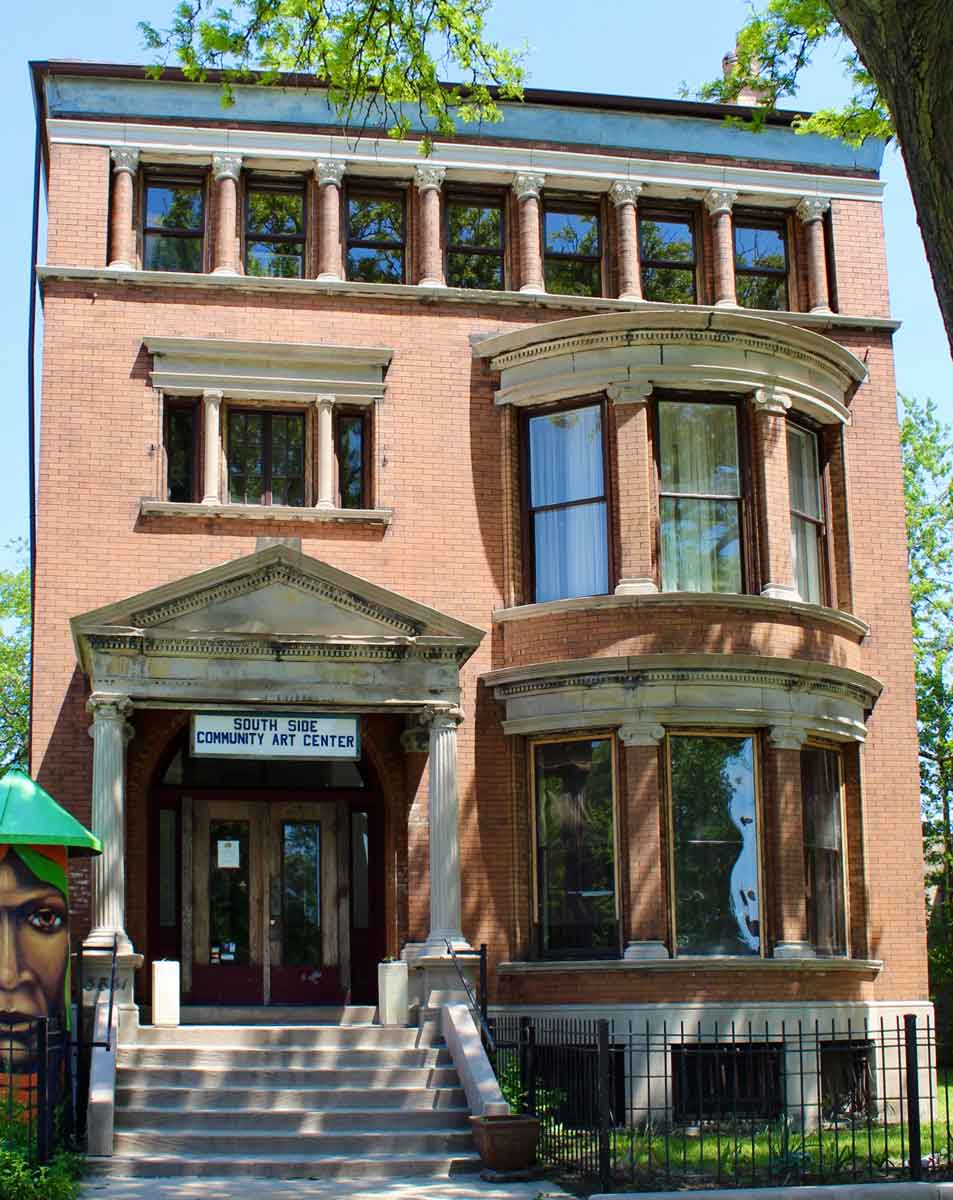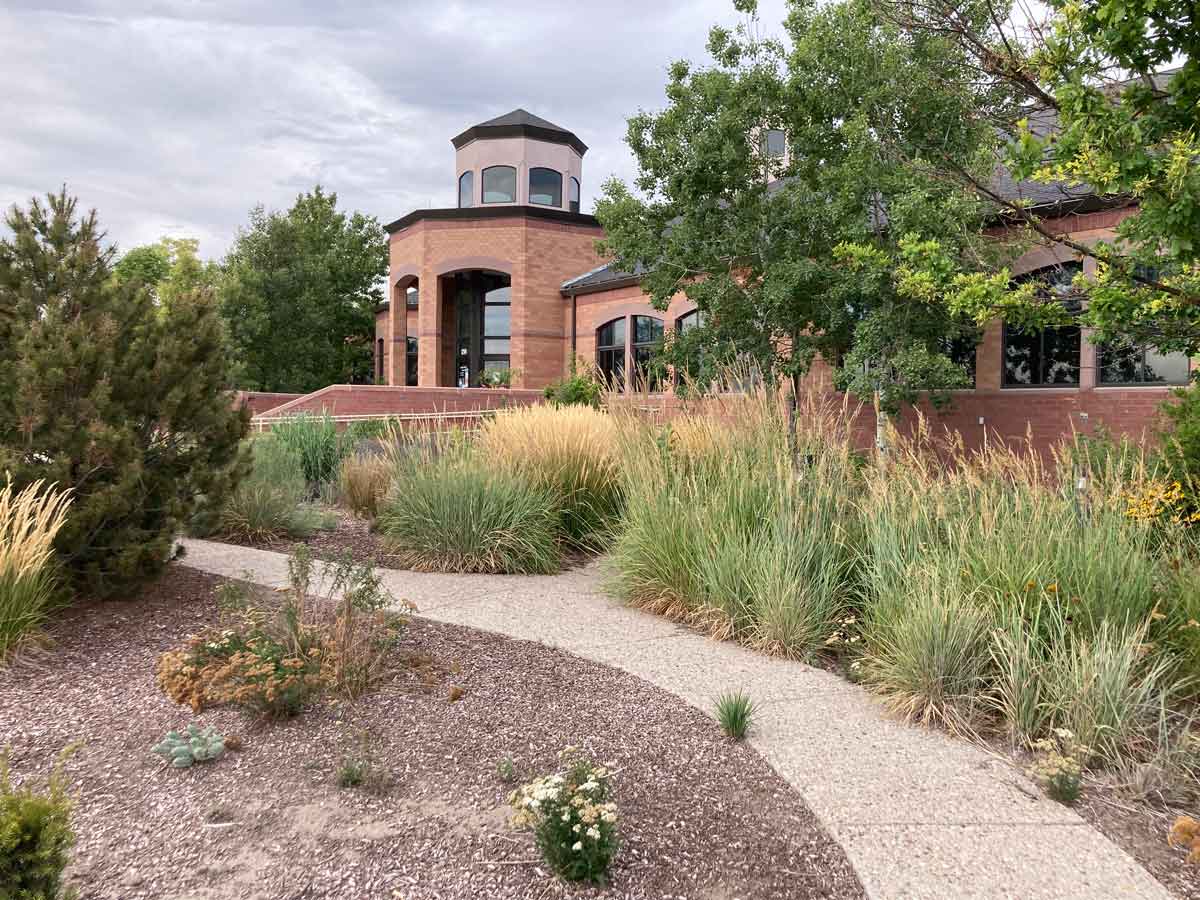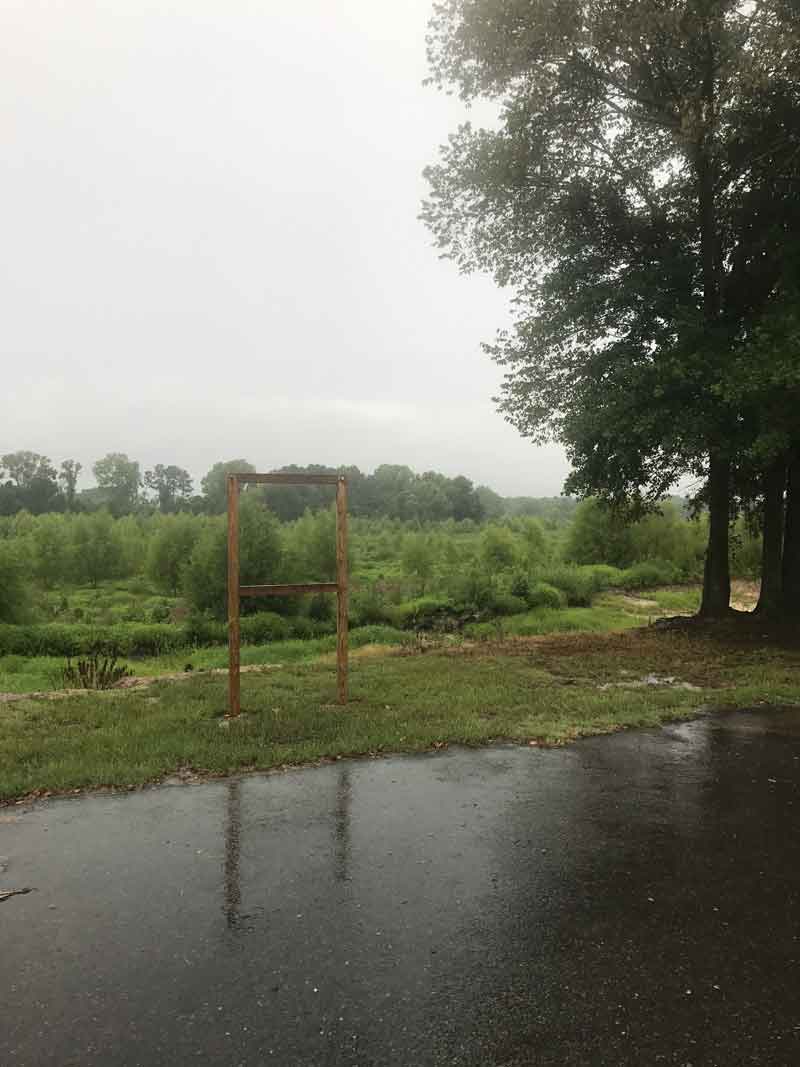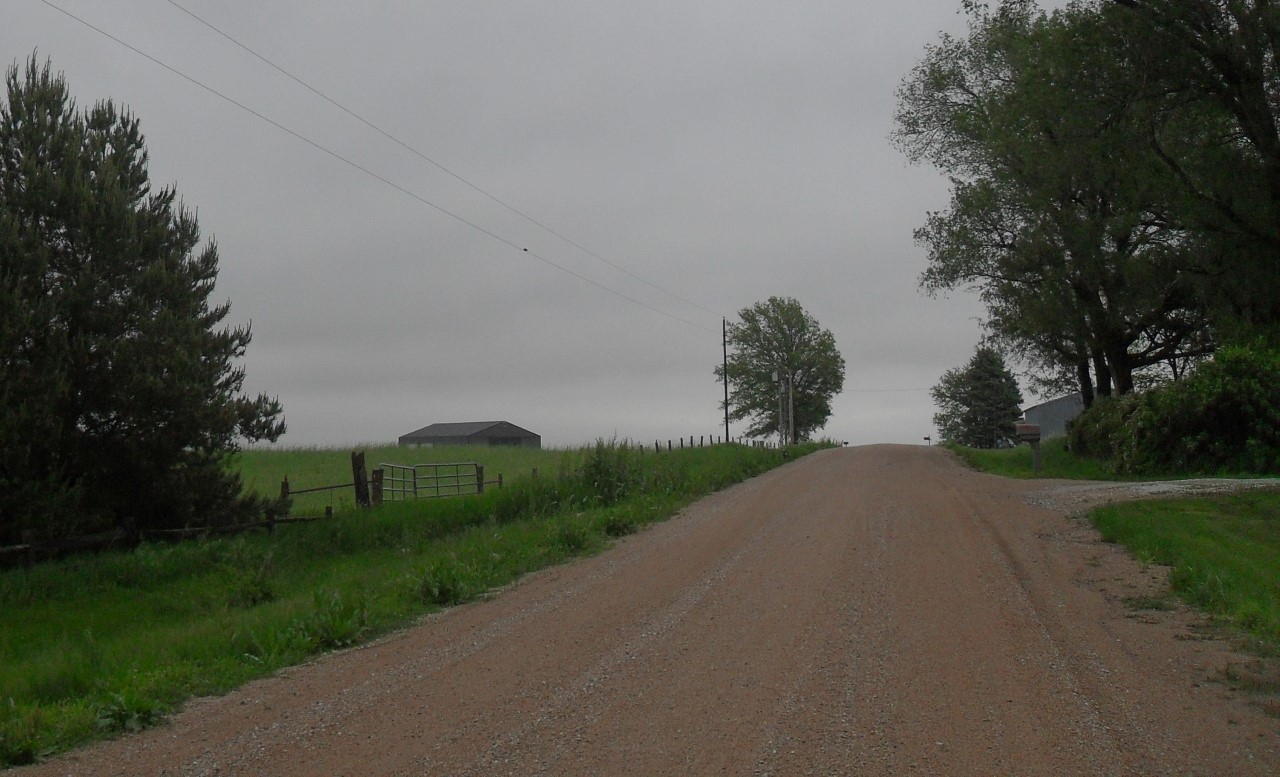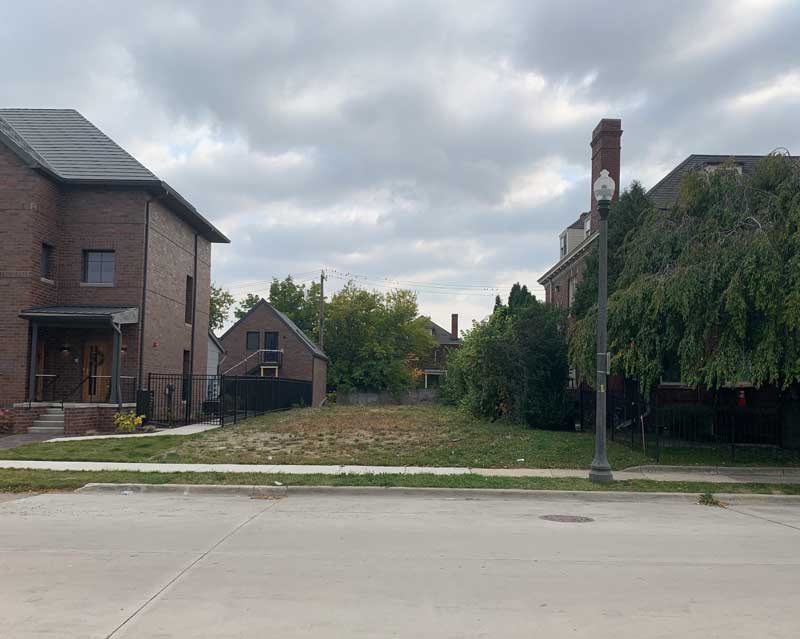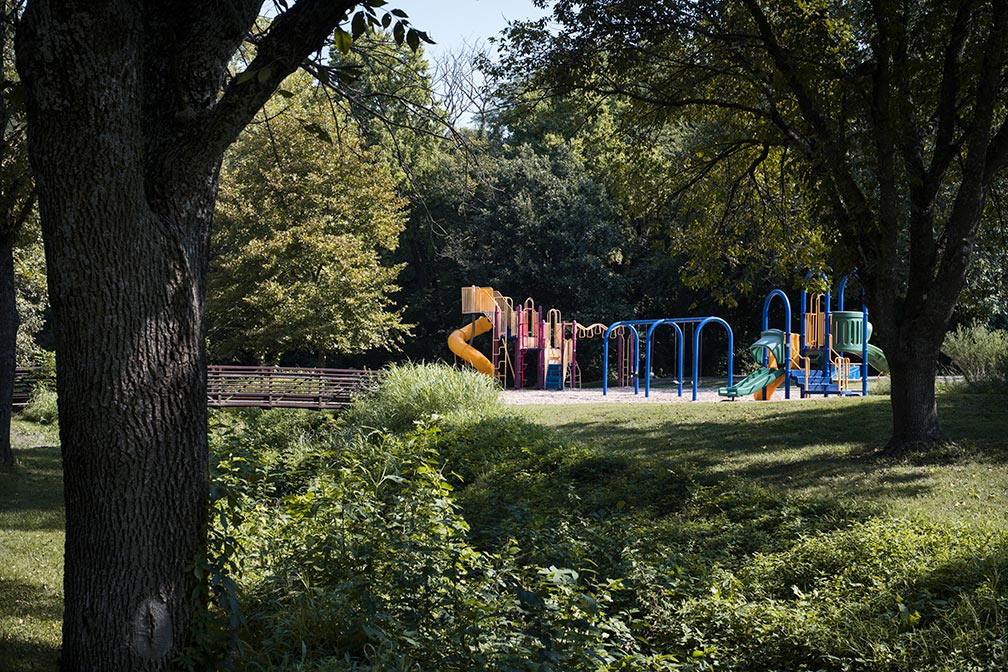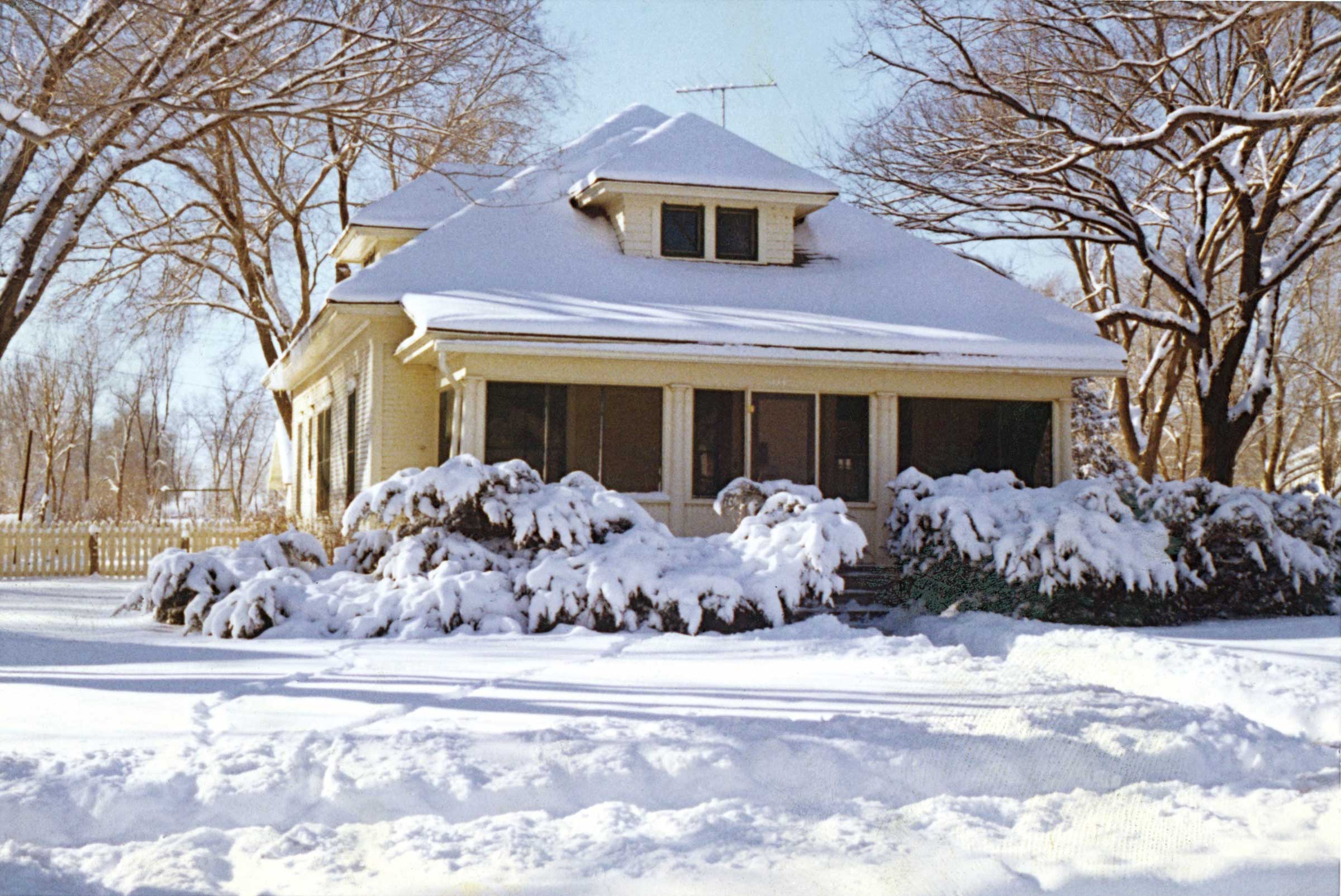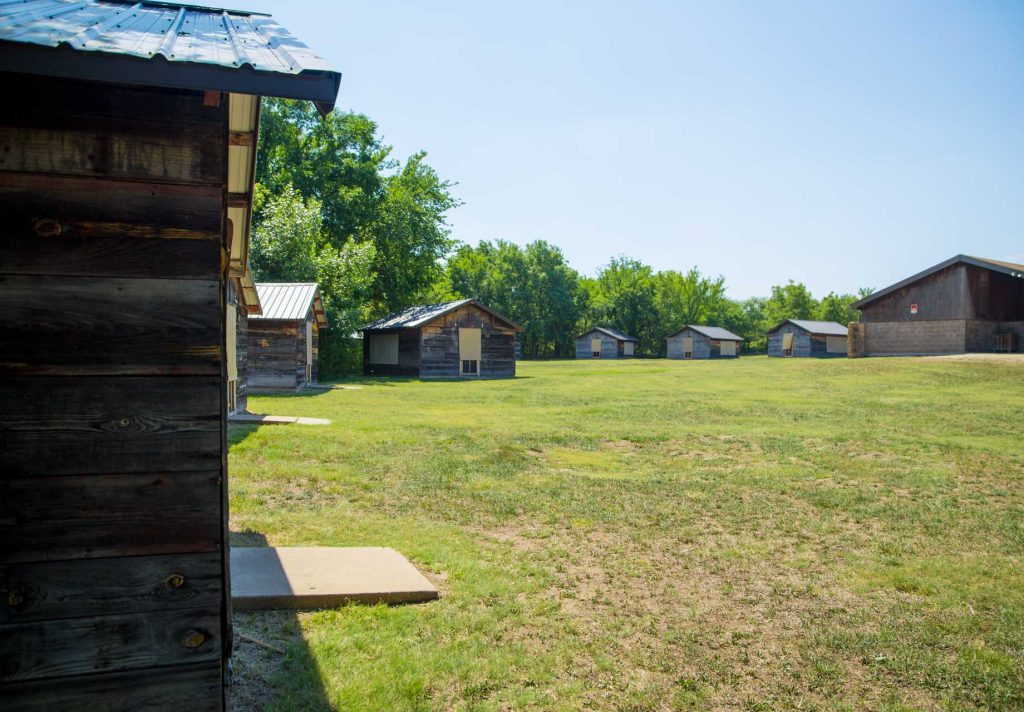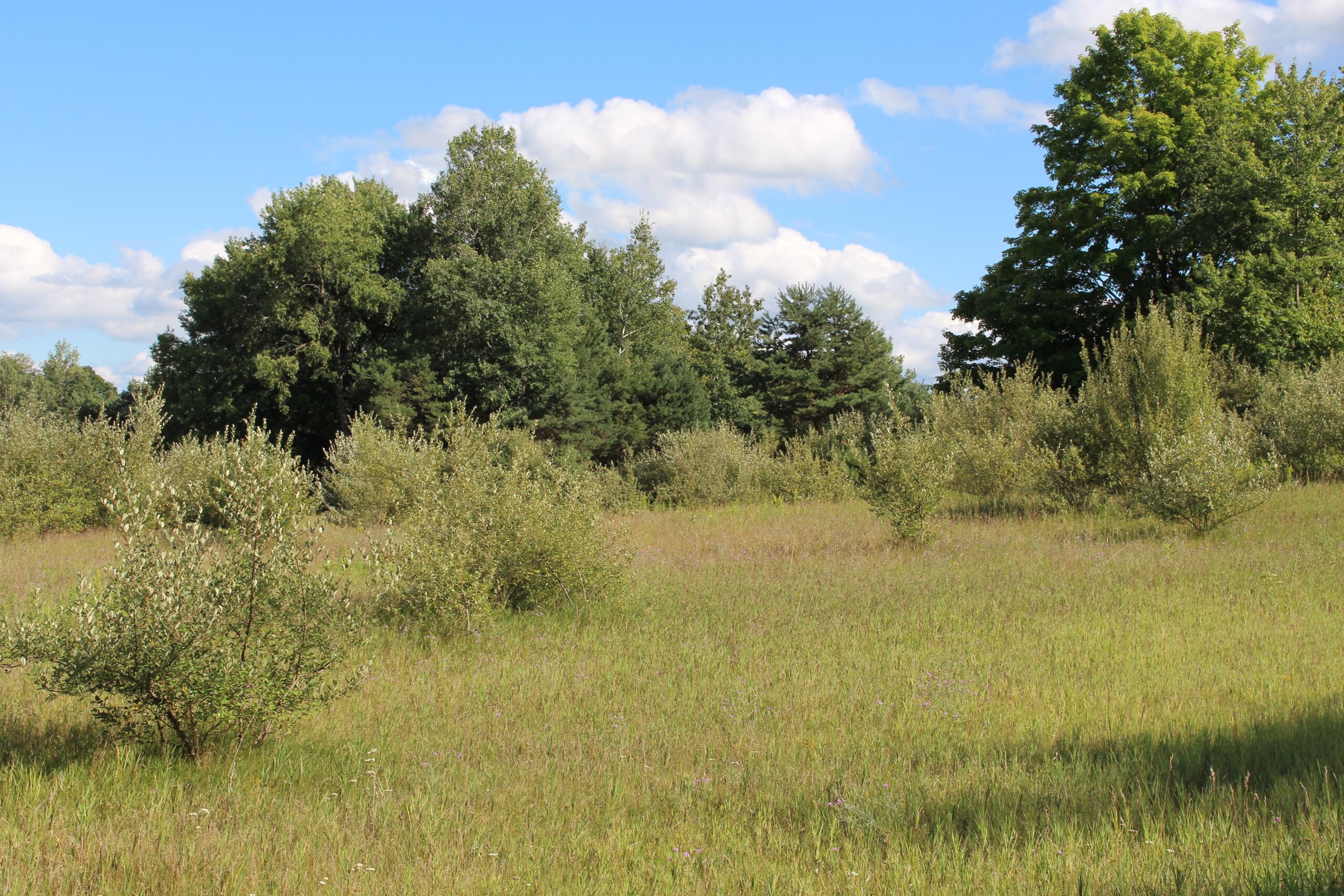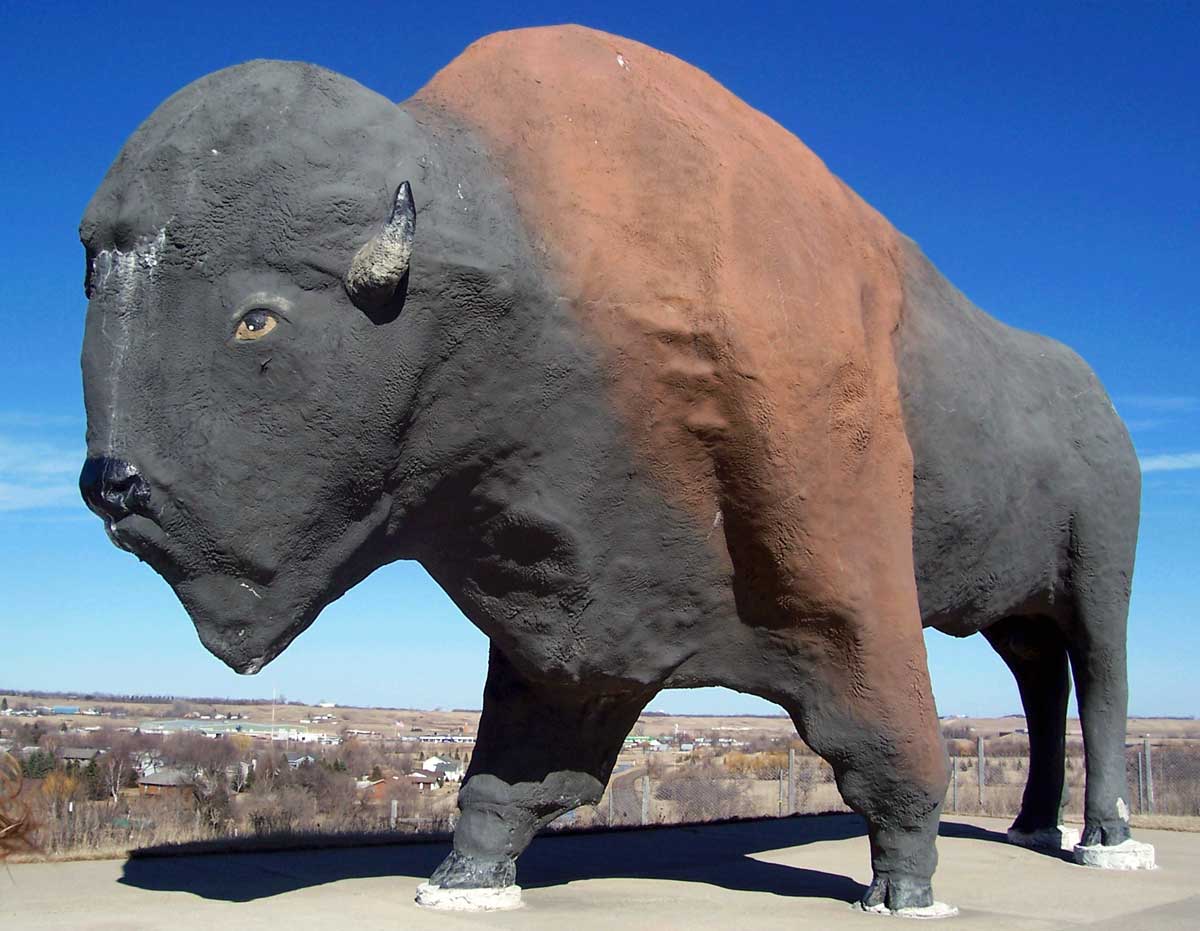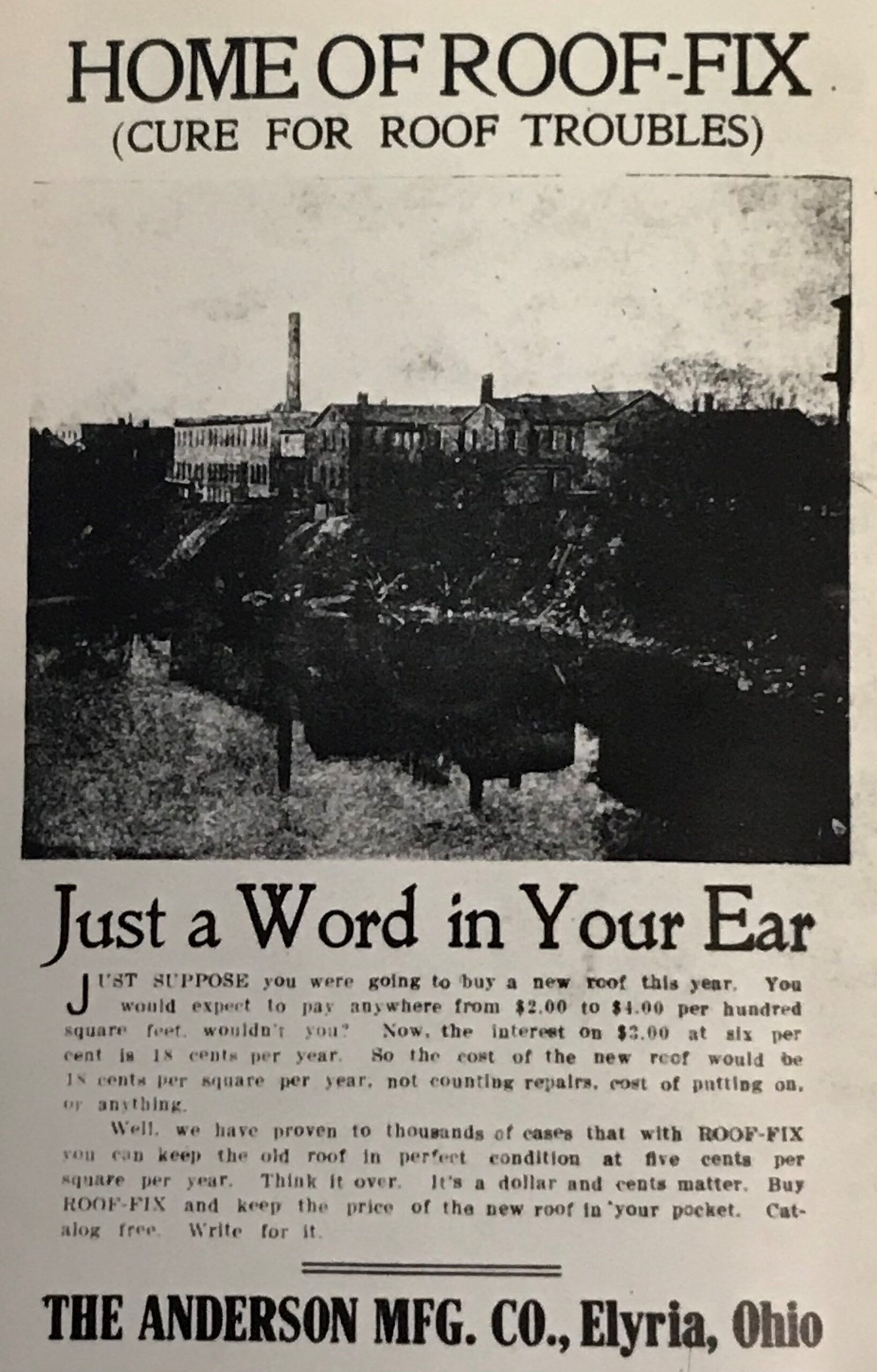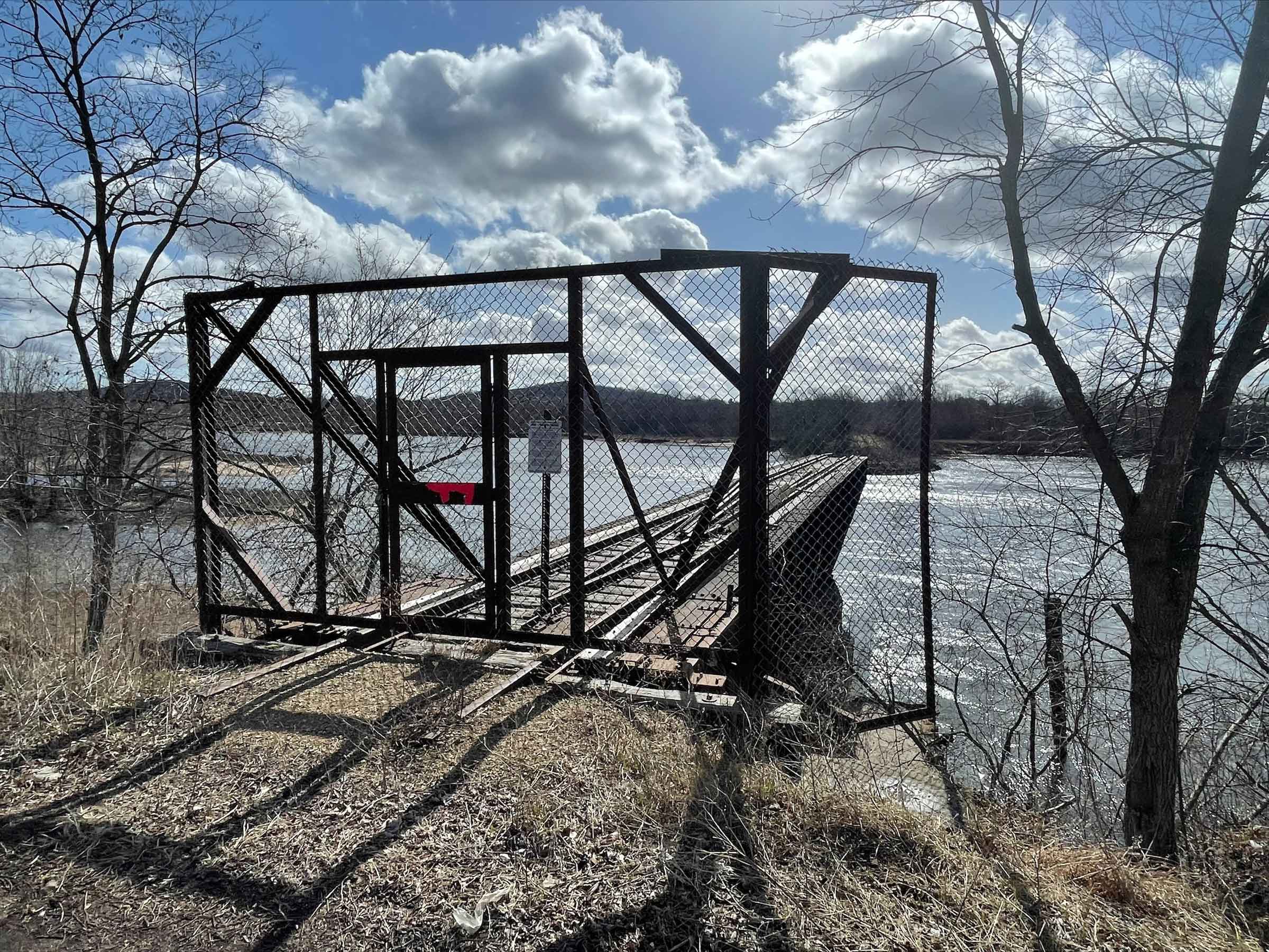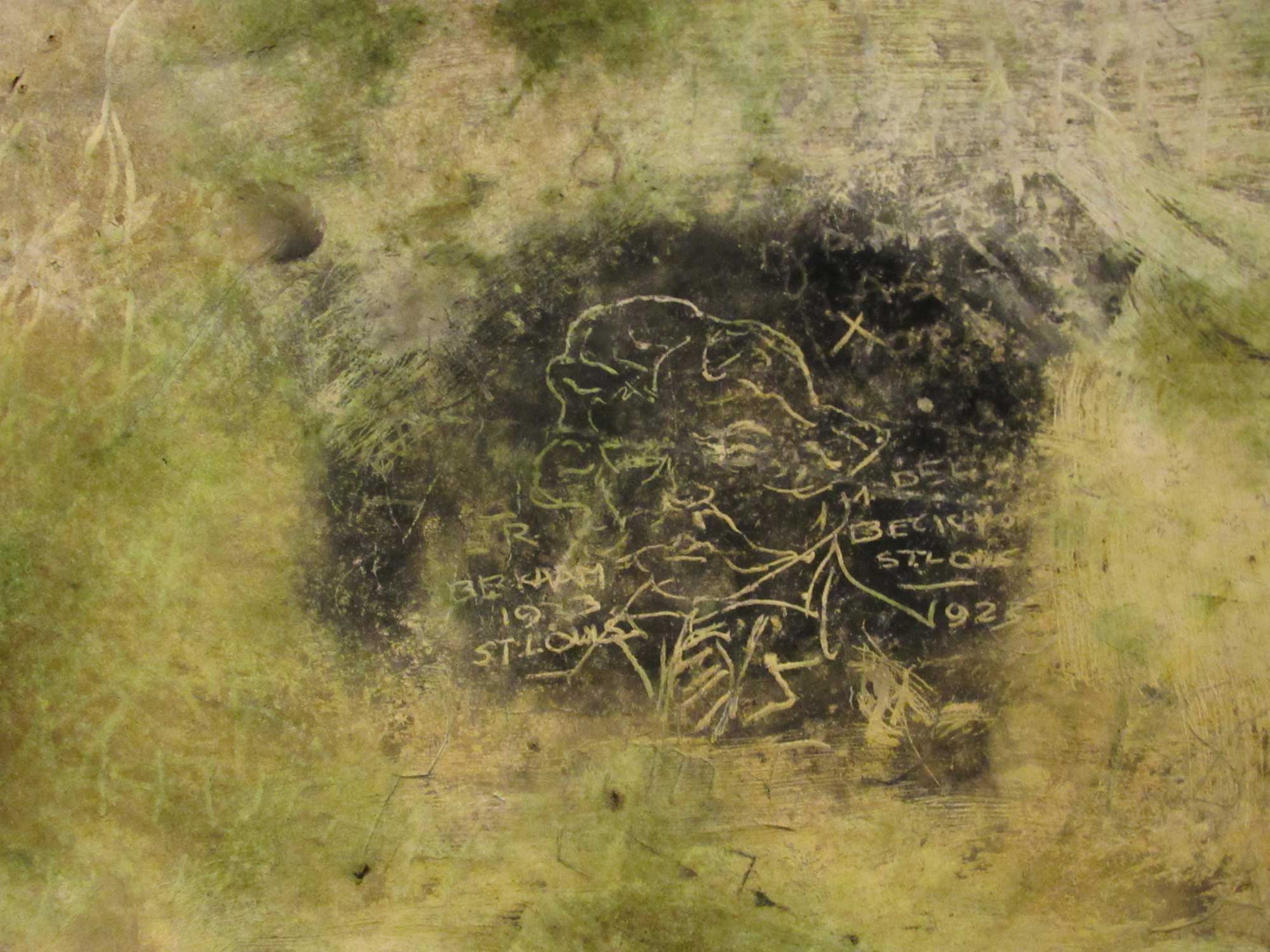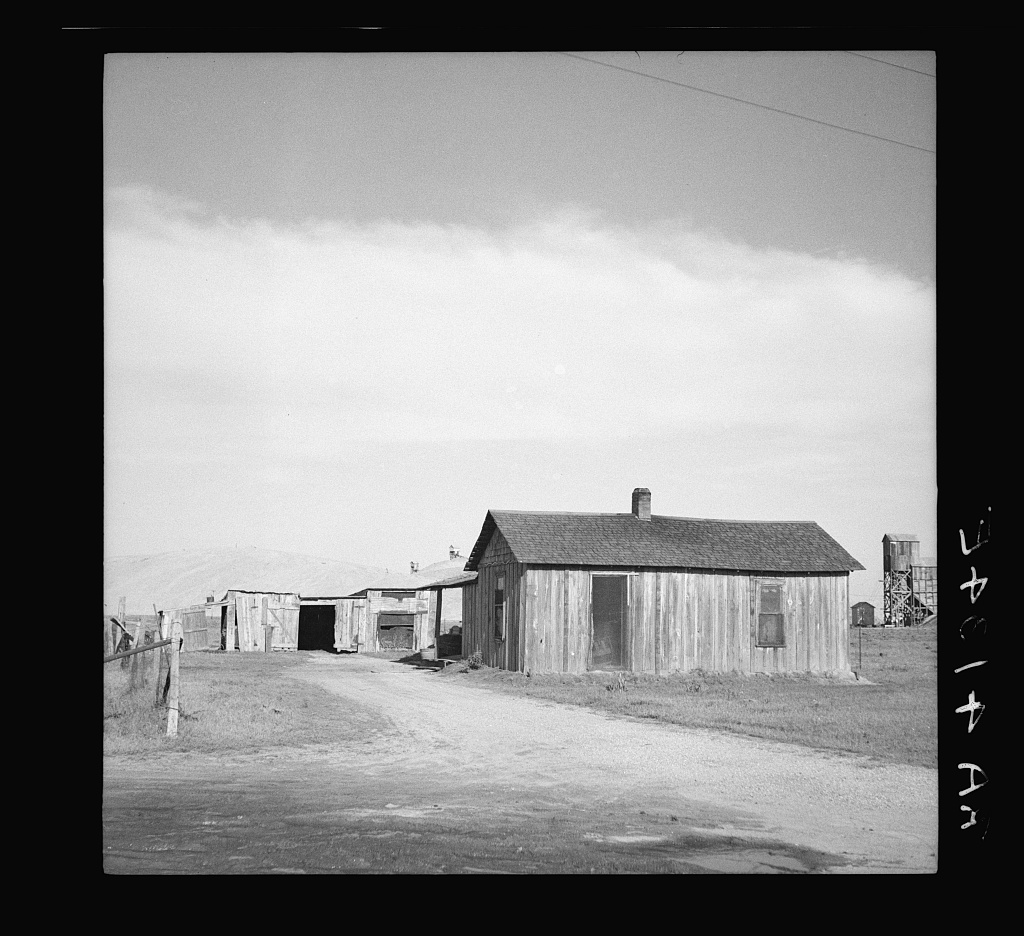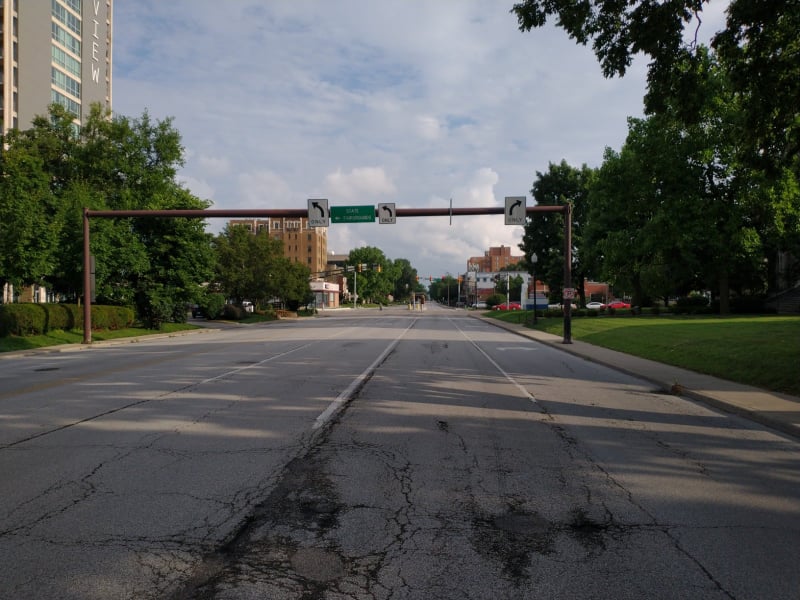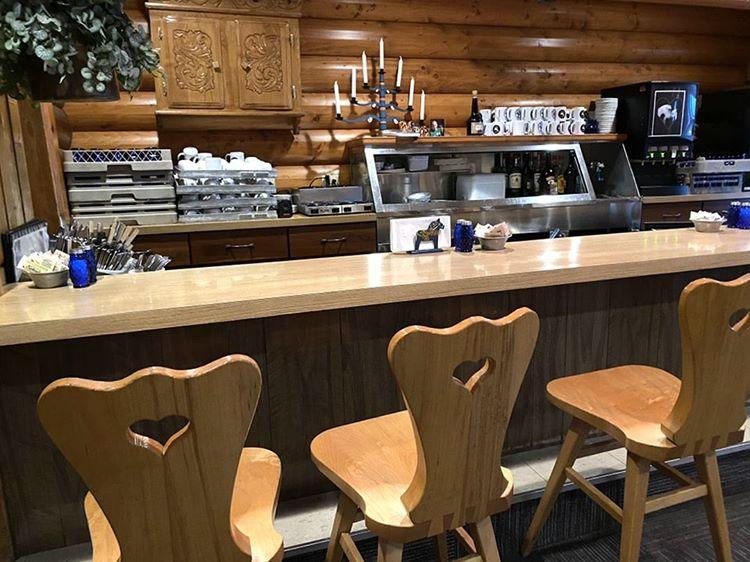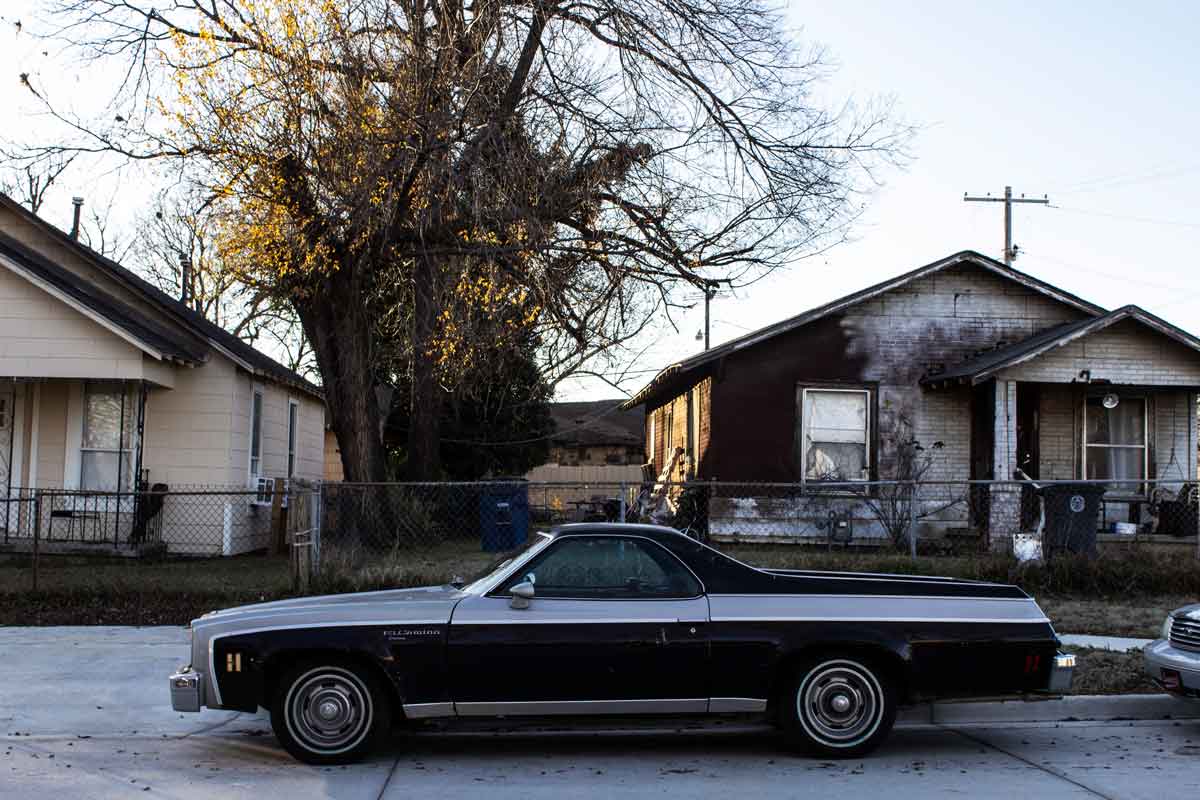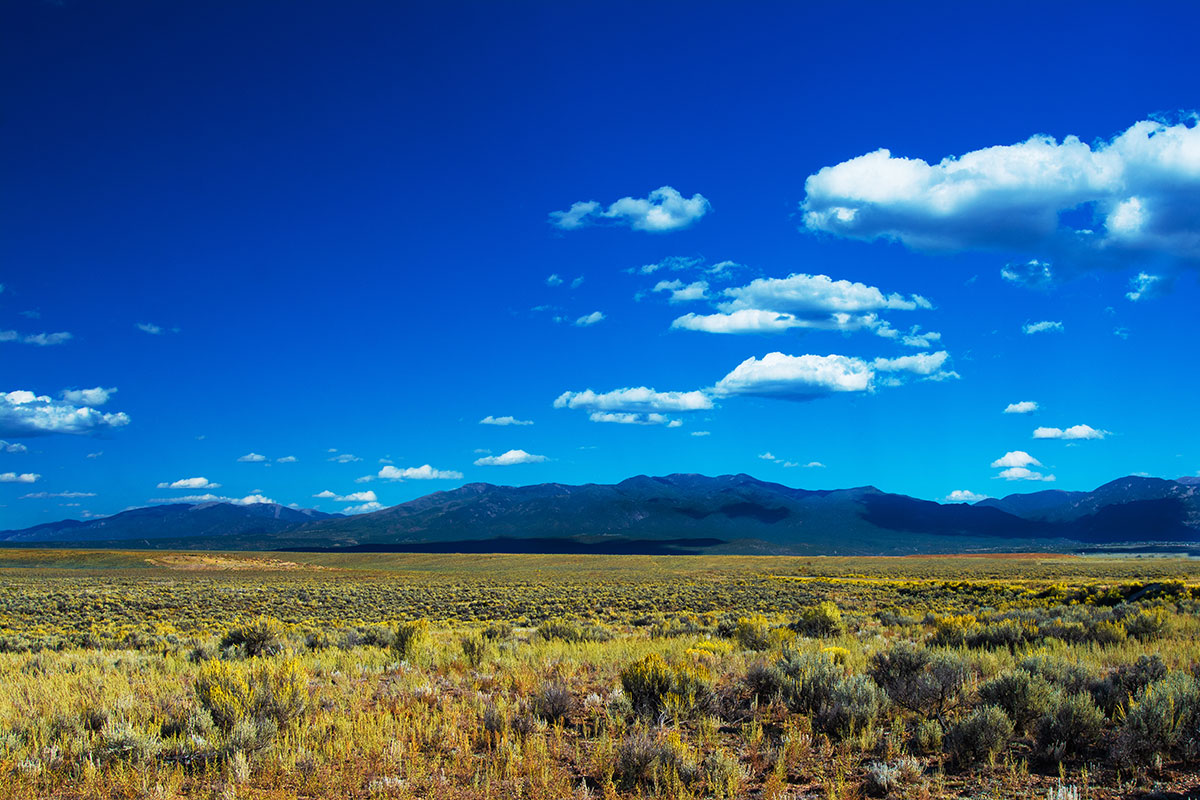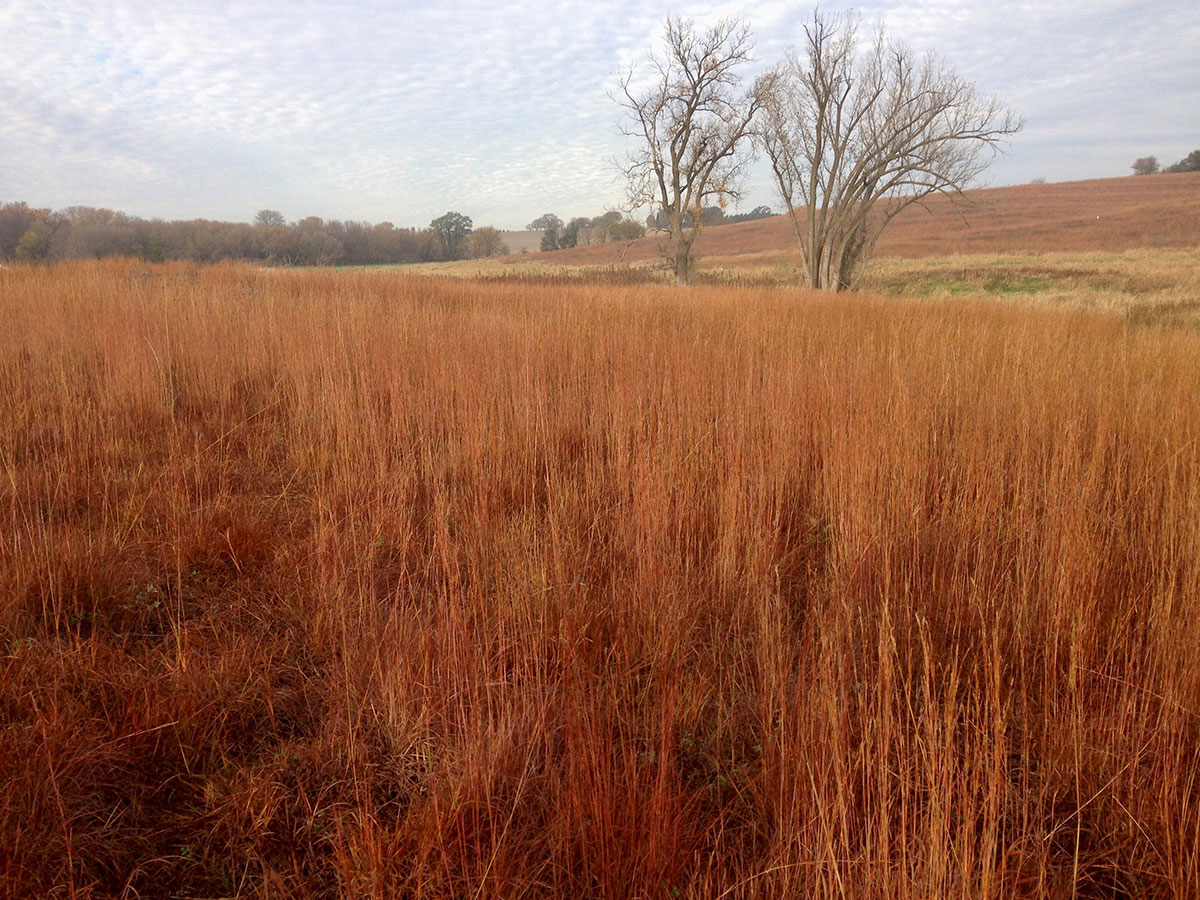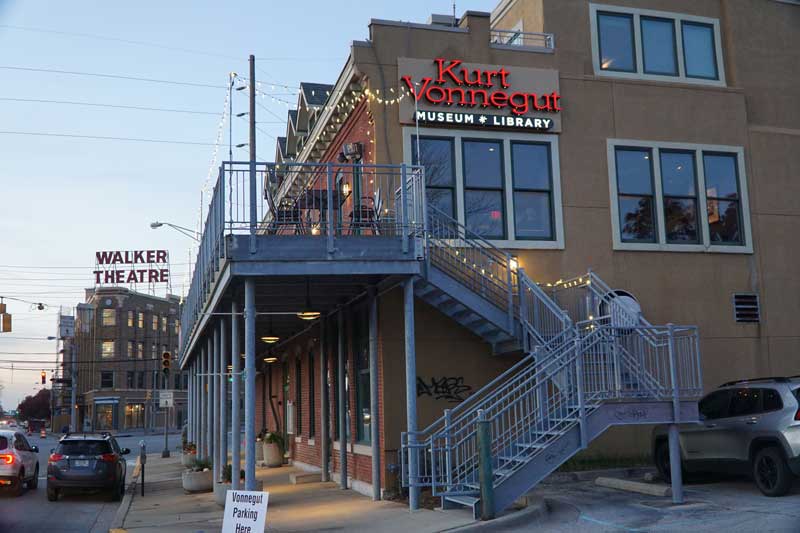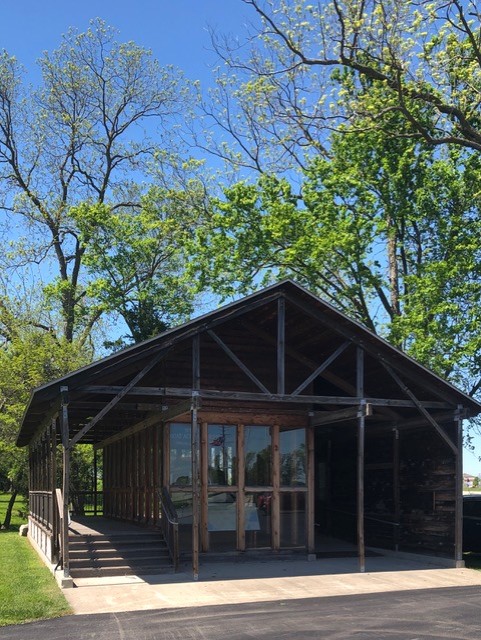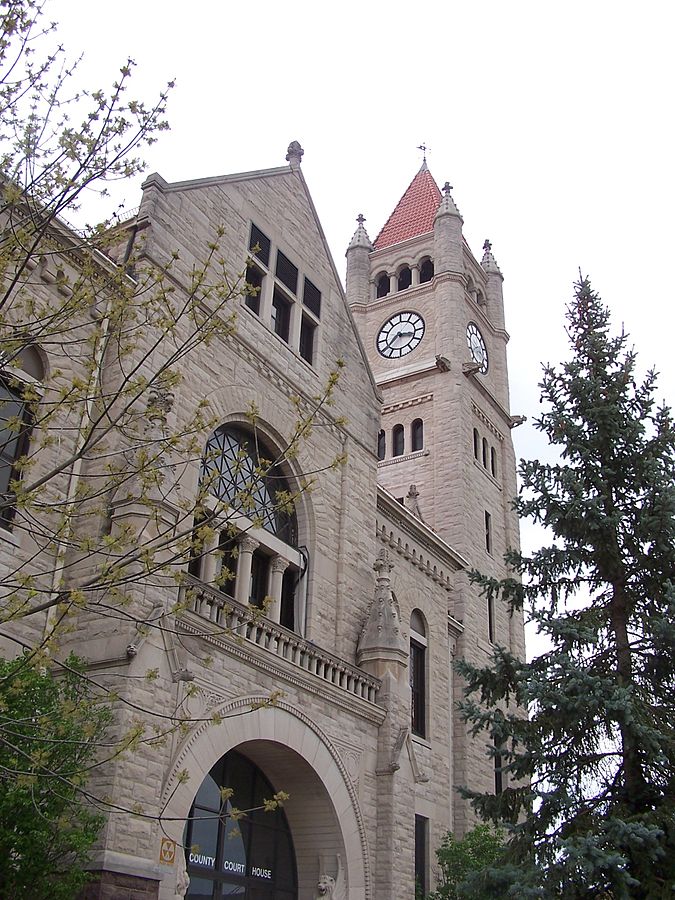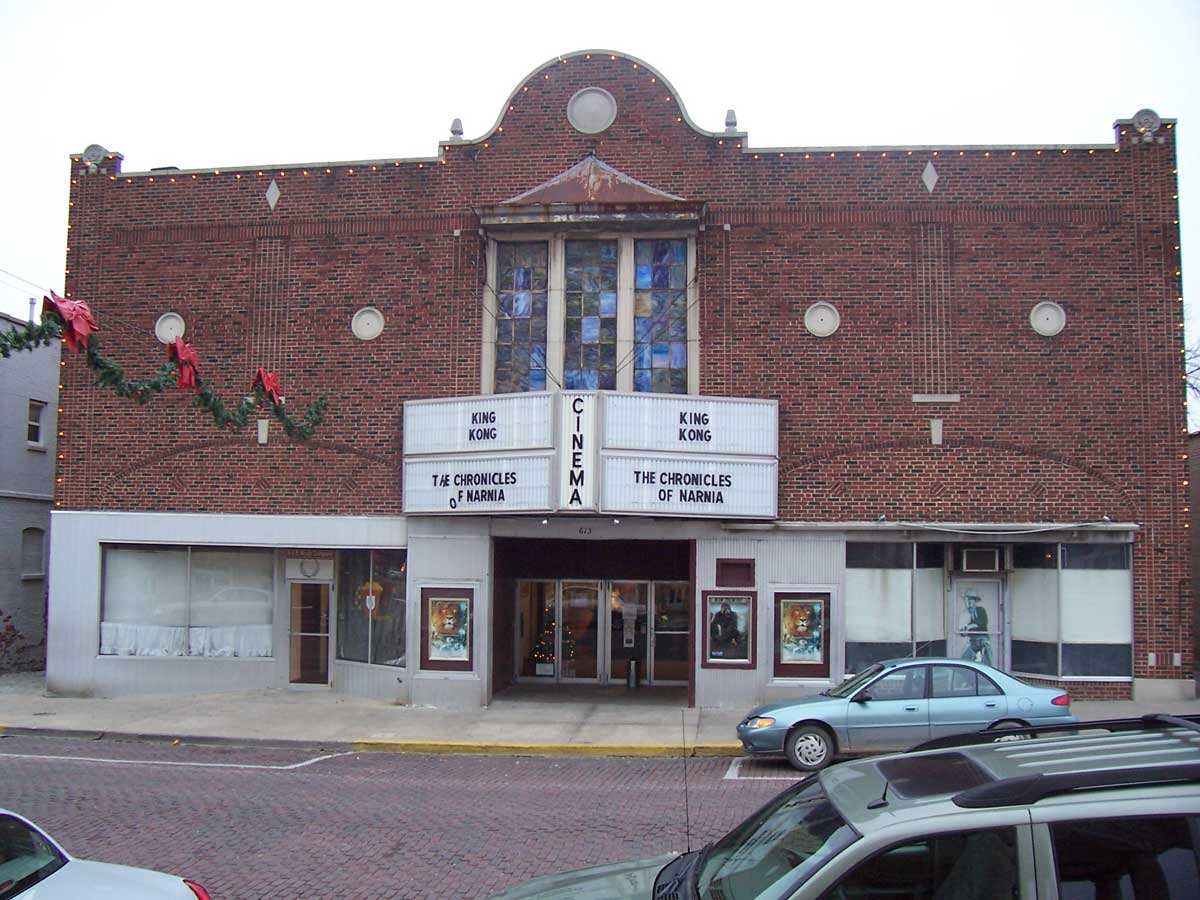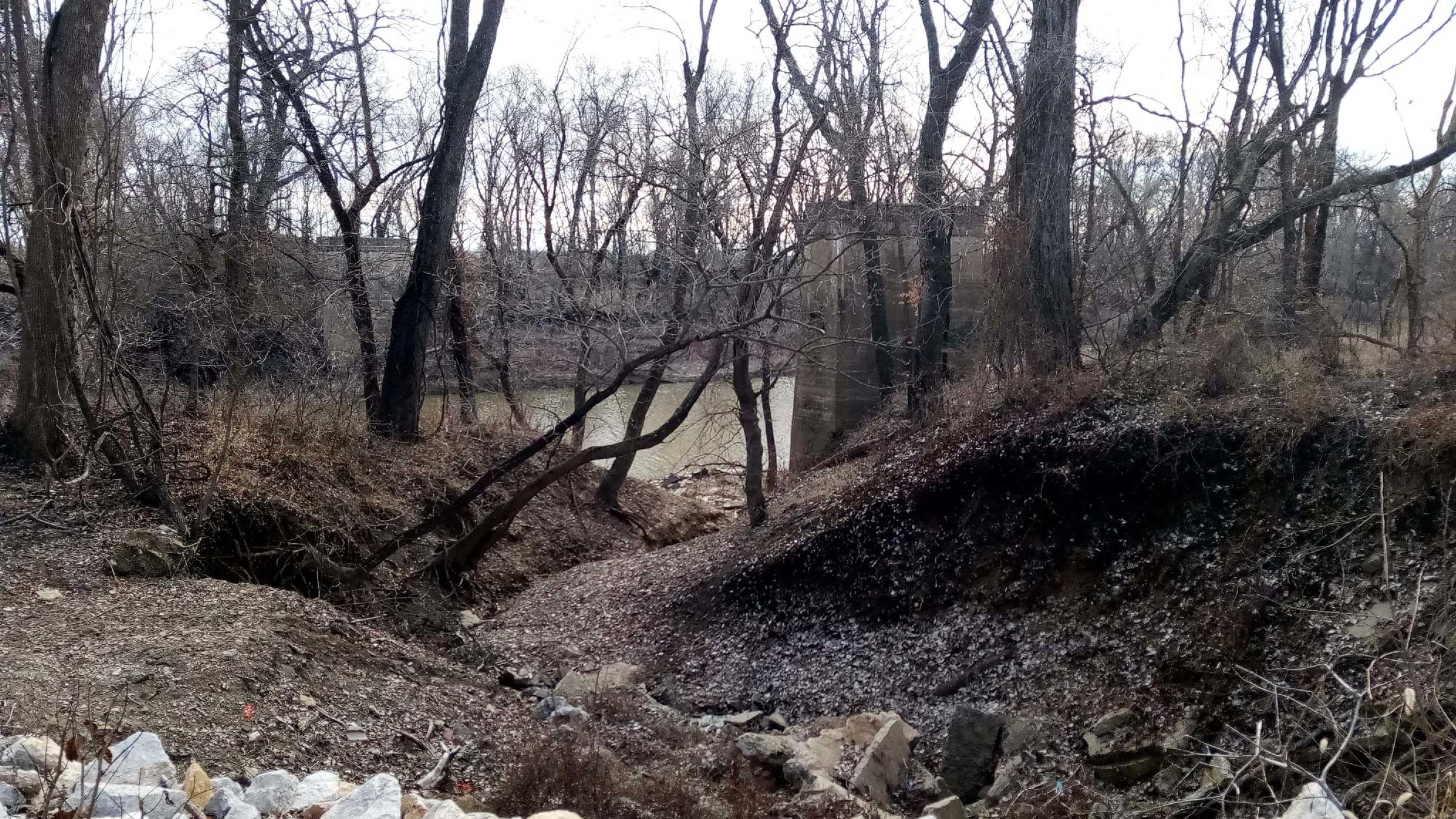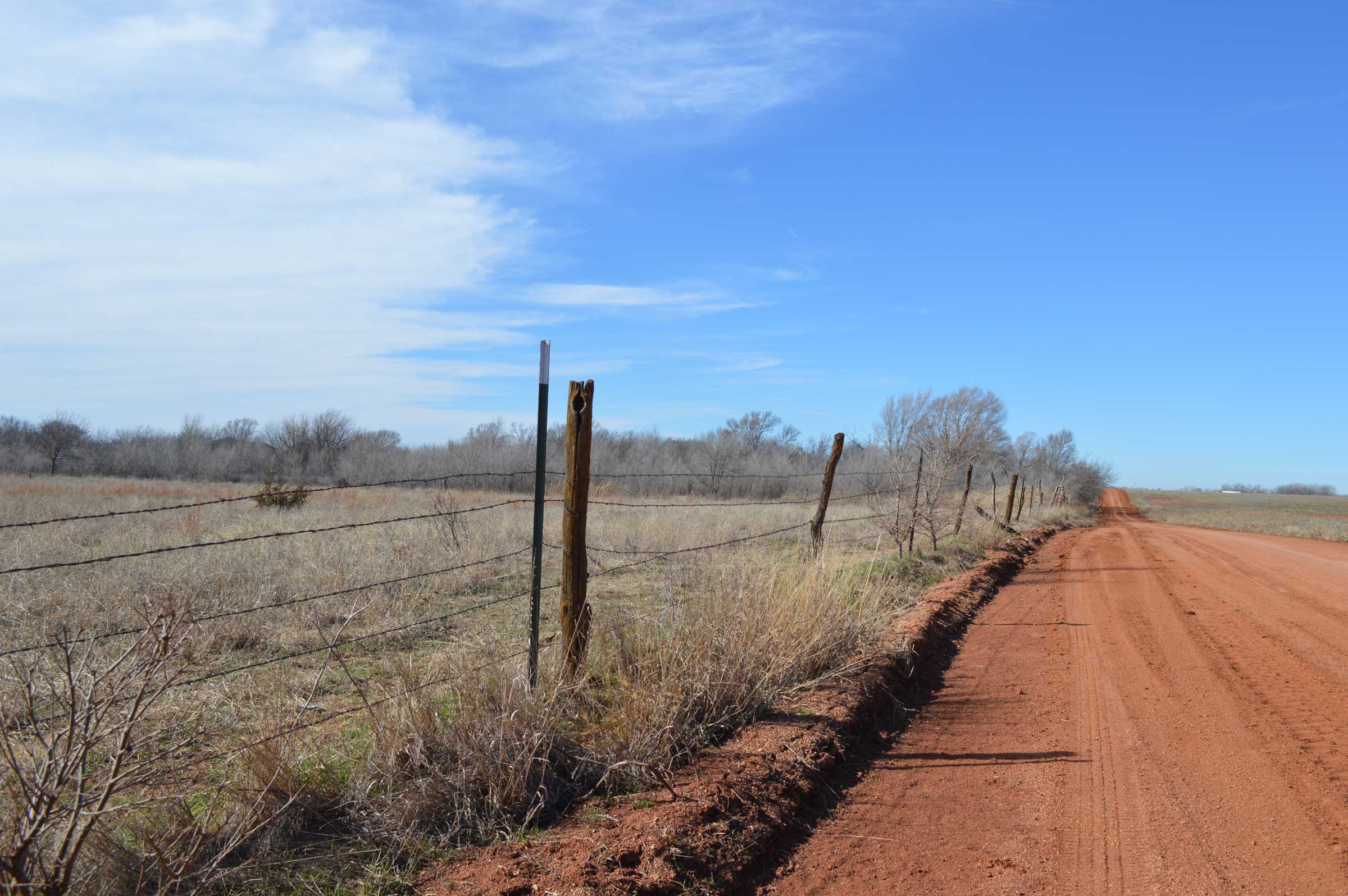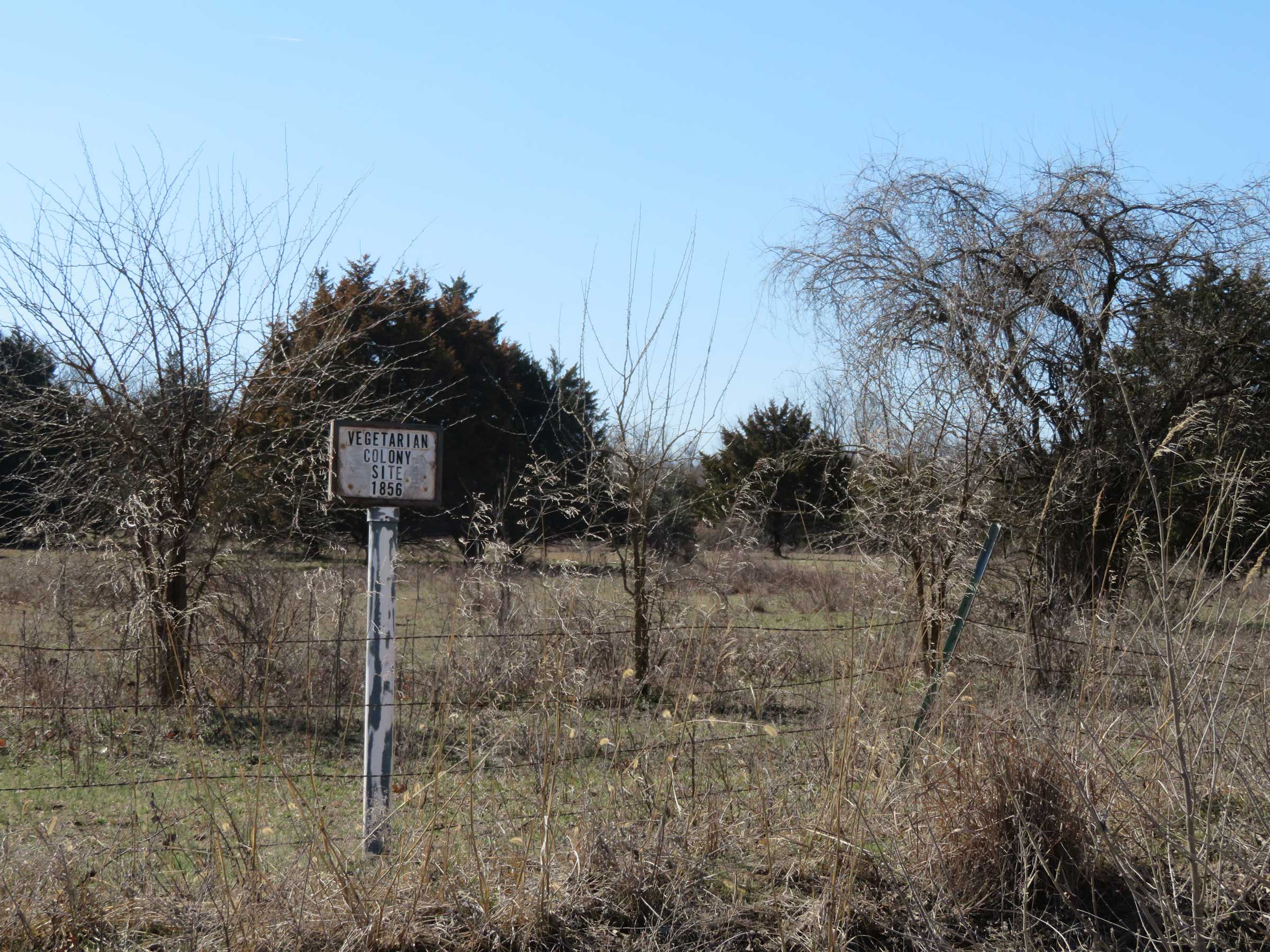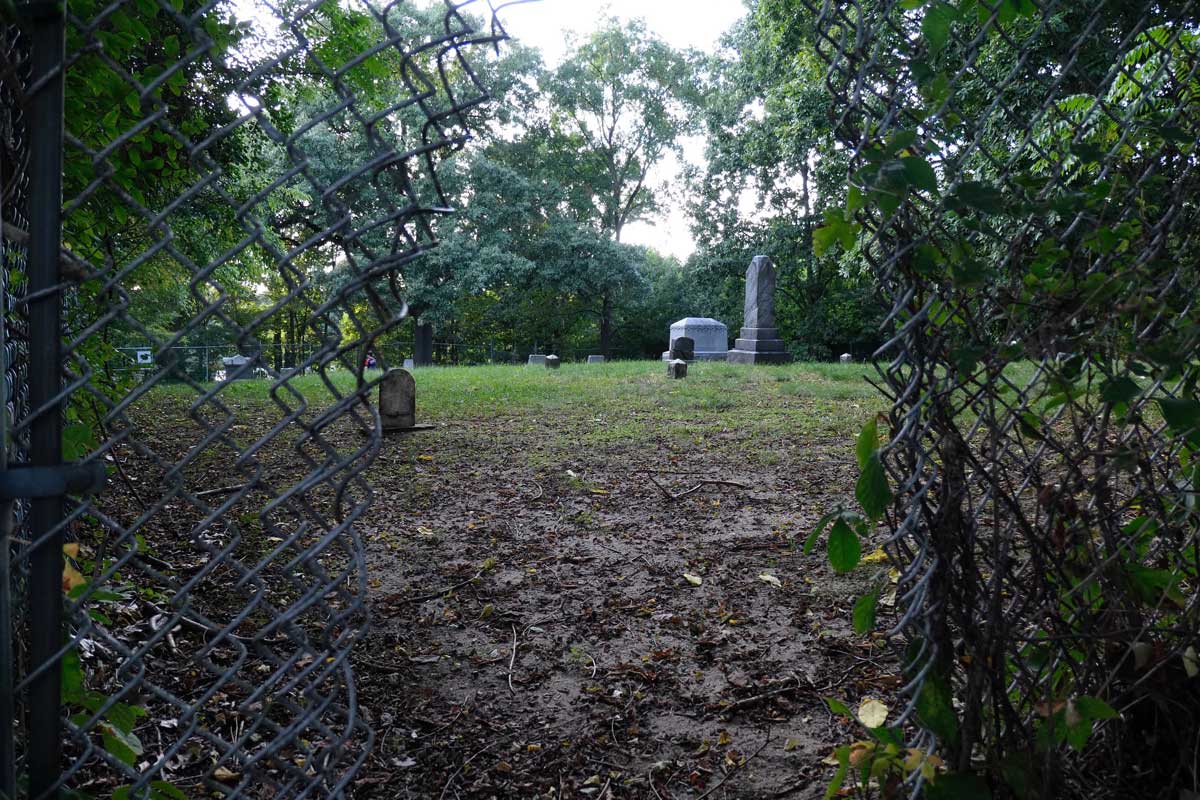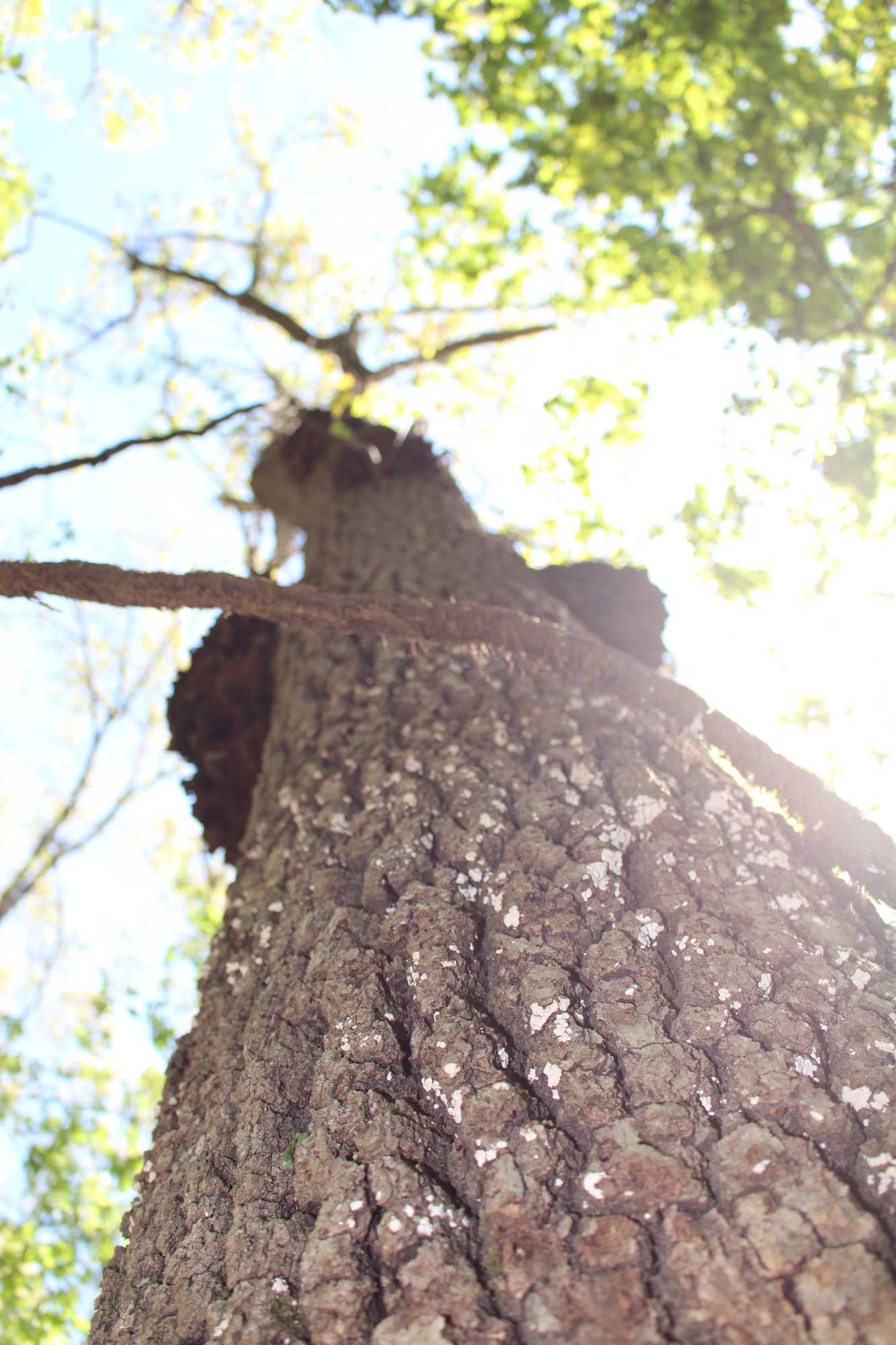Ron Wilson
Lazy T Ranch
Manhattan, Kansas
By Traci Brimhall
Gravel crunches beneath my tires as I approach Lazy T Ranch, home of the Kansas Poet Lariat Ron Wilson. It’s an unseasonably warm February day, and birds punctuate the silence with their twitters and trills. The deep cerulean sky is cloudless and seems even brighter against the beige of the Flint Hills in winter. Quilt square designs decorate the outbuildings of Lazy T Ranch. The house is tucked in a horseshoe curve of hills.
Ron pulls up and greets me with a white cowboy hat and a kindness as bright as the day. We survey the land and buildings in front of us and make a plan for our afternoon. The winter mud had been nearly constant for weeks, but today is warm and dry, so we get in Ron’s work truck and head out to take in the best views.
As we drive past each pasture and hill, Ron names the peaks and points out where weddings have taken place. We talk about our favorite seasons in the Flint Hills, from the great sledding of his childhood to the gorgeous greens of new grass after a controlled burn takes out last year’s big bluestem. It’s astonishing that they can storm back so quickly after a fire. Nature performs such a hopeful metaphor for us if we choose to see it that way. A hawk wheels above and wind rustles last year’s grasses, and we agree spring’s renewal is one of our favorite times to love this place.
Although the ranch is not far from the stoplights and strip malls of Manhattan, KS, it feels a world away. The Flint Hills are often a retreat for me. I love to walk the trails and admire the gentle light of the prairie and insects lounging on the latest blossoms. But I always feel like a transplant to this ecology. I am still learning the names of wildflowers and how to identify bird calls, still tucking the meadowlark and prairie chicken into poems to feel myself more tied to place.
Ron Wilson’s family has been rooted here since 1968. The limestone barn is even older. But the front meadow is the oldest of all. It is still the original prairie sod, never plowed. Even as a boy, Ron’s mother spoke to him about commitment to the land.
As we leave one lookout point for the next, we begin talking about our love of poetry. Ron heard his first cowboy poet when he was in Colorado and got a kick out of it. That sparked something in him and when Kansas cowboy poet, Dr. Jim Hoy, put out a call for cowboy poems, Ron tried penning his first poem. He’s been crafting verses from his life ever since.
Cowboy poetry certainly sings on a page, but it’s originally an oral art form. The performance of the poem is part of its power. As we make our backroad turns and I wait for him to open gates for us to drive through, we talk about the beauty of this immediate connection — to speak your poem and immediately see and hear your listeners respond. For me, poetry has had more of a private sense of audience. I read other people’s poems and feel a connection, but I may never tell them. People often encounter mine on a page or computer screen, and I may never hear from them either, though I still believe an asynchronous intimacy happens.
Ron and I nod as we listen to each other describe our writing process. We find we are opposites in many ways. He was born here, and I still feel like an unrooted stranger after a decade in the same spot. He’s a night owl, and I’m the blackbird, singing even before the dawn gets too purple. I whisper my poems to myself as I revise, and he performs for audiences at bonfires.
Although we find so many differences, our inspirations for our poems almost sound the same. “Sometimes it comes from a moment,” Ron says, “A night thought.”
“Yes!” I agree. “Sometimes there’s a thing in my brain, like itching the grit inside an oyster and that becomes a pearl.”
“Sometimes it’s a twist,” Ron says.
I nod, understanding the strangeness of the world at times. The unexpected ways that what is right next to you is also hidden. I love poetry because a day can hide its details, and poetry helps us pay attention to them.
“When something goes badly on the ranch, we say, ‘Well, if nothing else, at least I can get a poem out of this.’”
I understand this truth, too — how it’s the storms, the accidents, the smoke from a prairie fire, the night’s quiet astonishments that bring us our poems.
We get out of the truck again once we are in the high pasture. Ron points out another popular wedding spot next to a lone tree. Below we can see a small bend in the river reflecting the stunning topaz of the afternoon sky, moving like something alive. It makes me ache with gratitude to be a guest on this land.
As we get into the truck to circle back to where I parked my car, we talk about what keeps us both coming back to poetry, decade after decade, loss after loss, and for me, home after home.
“The best compliment I could ever hear is that something I wrote made someone feel less alone,” I tell Ron.
“Yes,” he agrees. “The best part are those rewarding moments when you connect at the heart level.”
We turn on the gravel road headed back to the barn where we started. The afternoon shadows lengthen and dapple the Lazy T Ranch sign that reads “Happy Trails.” We complete our circle having learned each other a little better, knowing our different relationships with poetry still rhyme.
Traci Brimhall’s newest book, Love Prodigal, is forthcoming from Copper Canyon in 2024. She is also the author of four other poetry collections, and her poems have appeared in The New Yorker, Poetry, The Believer, The New Republic, Orion, New York Times Magazine, and Best American Poetry. She’s received fellowships from the Wisconsin Institute for Creative Writing, the National Endowment for the Arts, and the National Parks Service. Brimhall lives in Manhattan, KS, and serves as the current Poet Laureate of Kansas.


